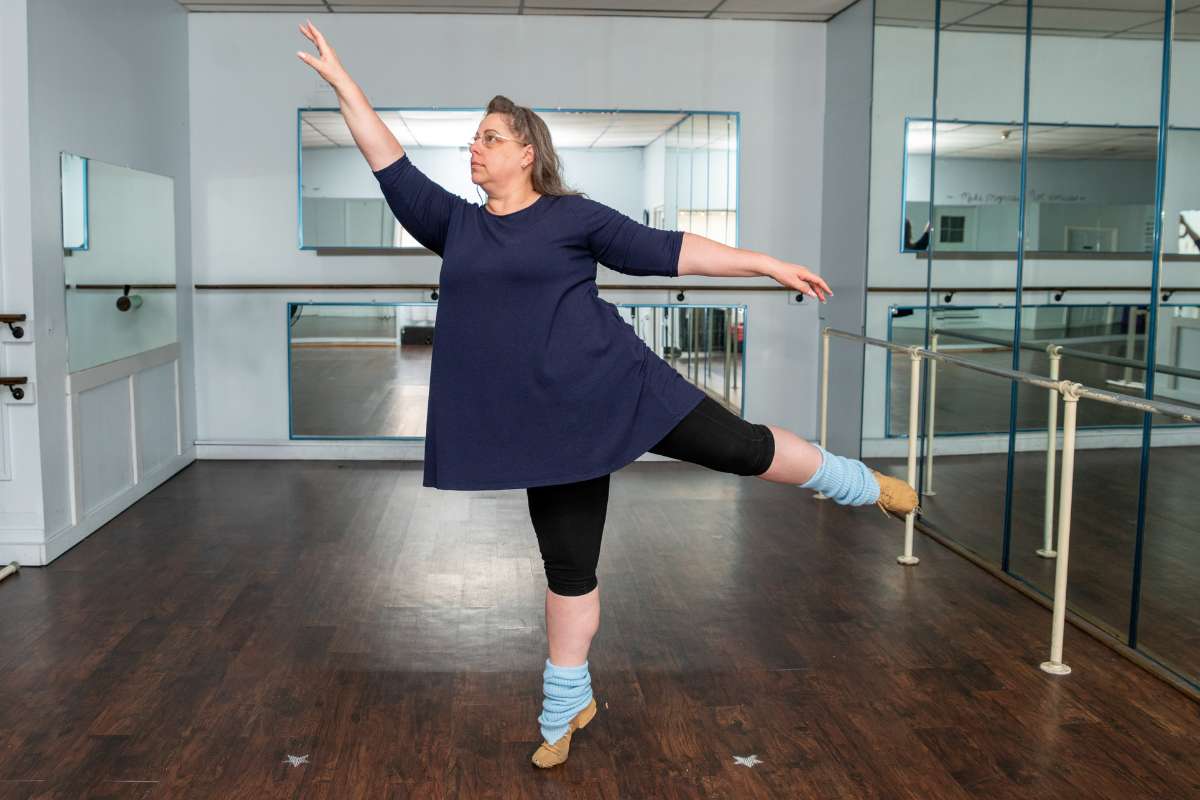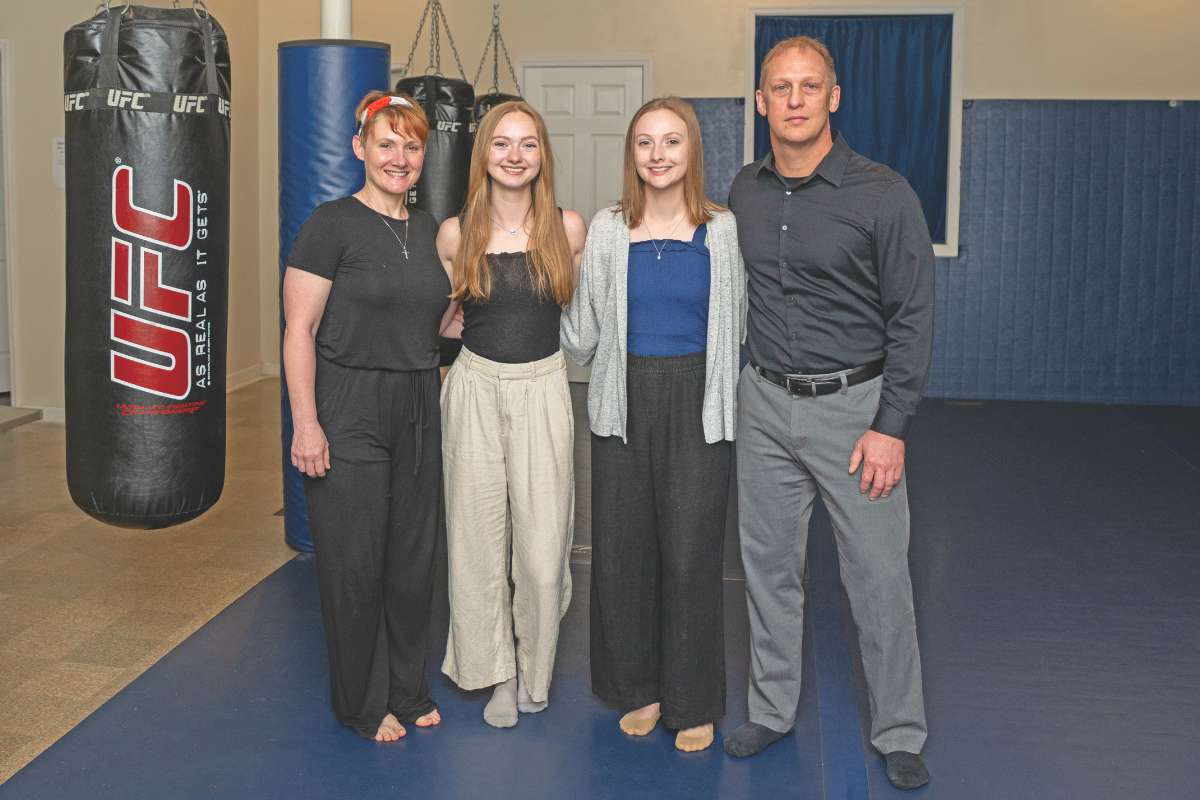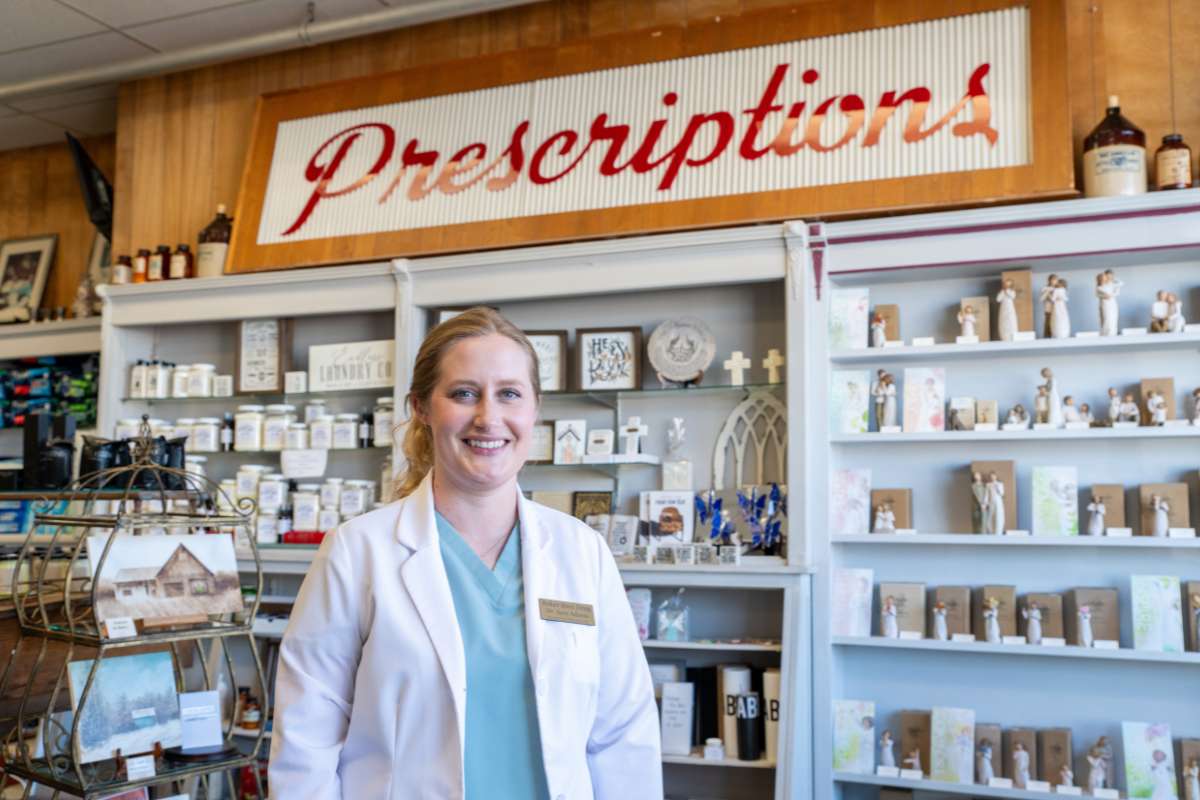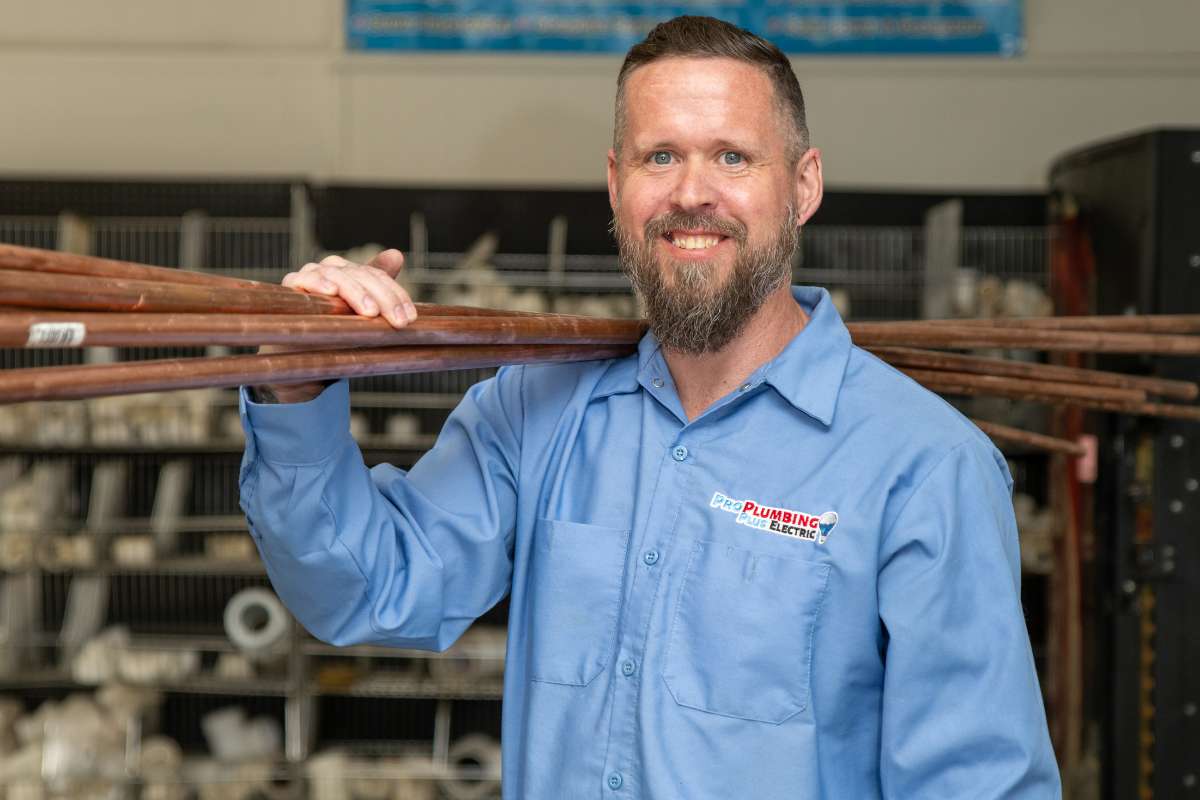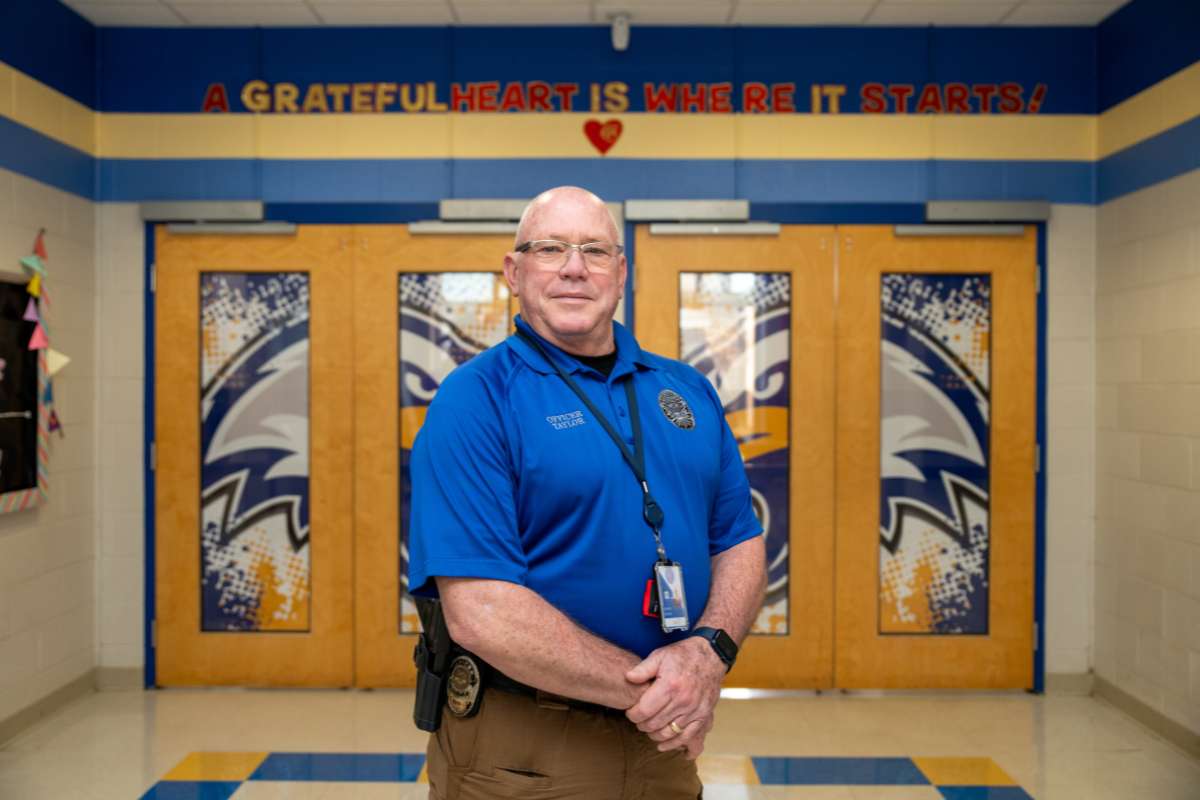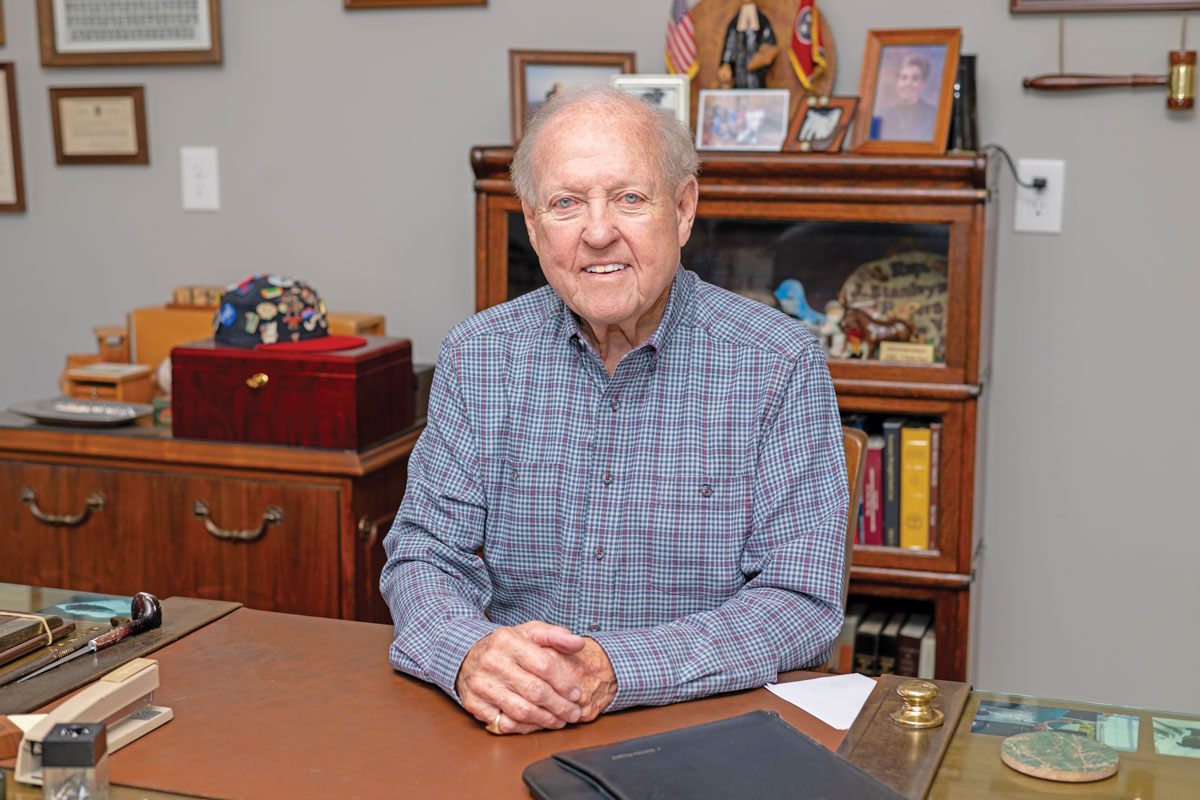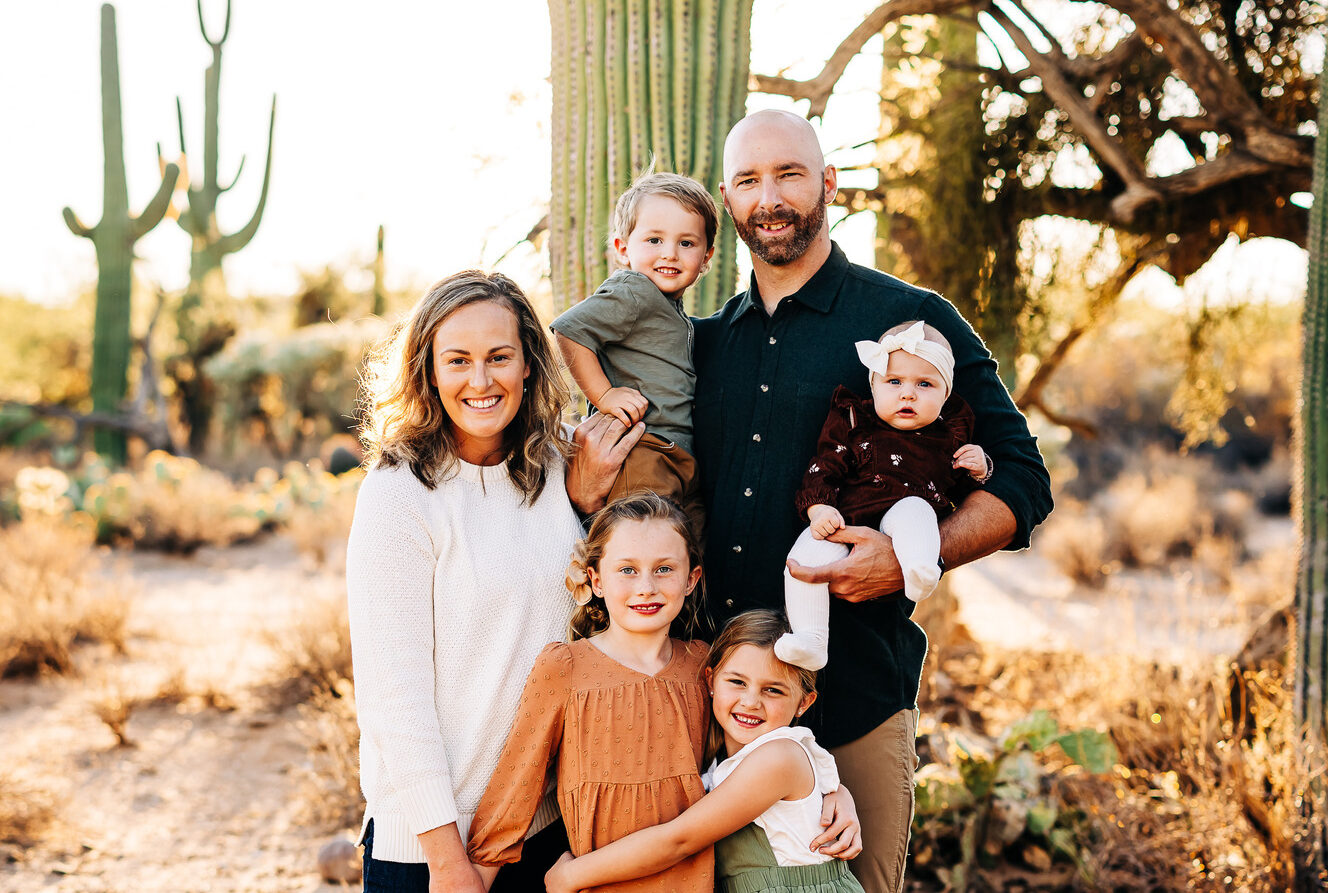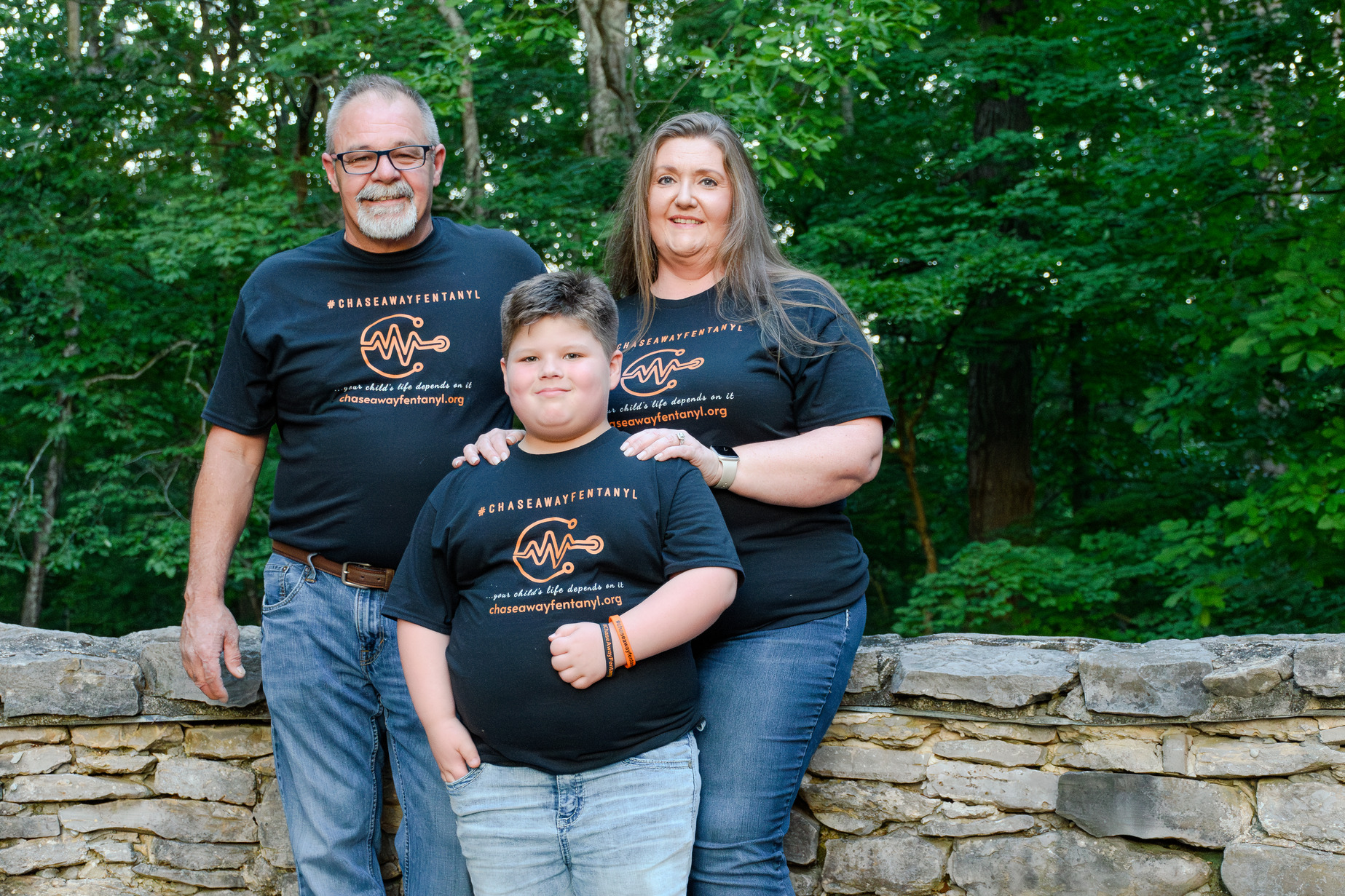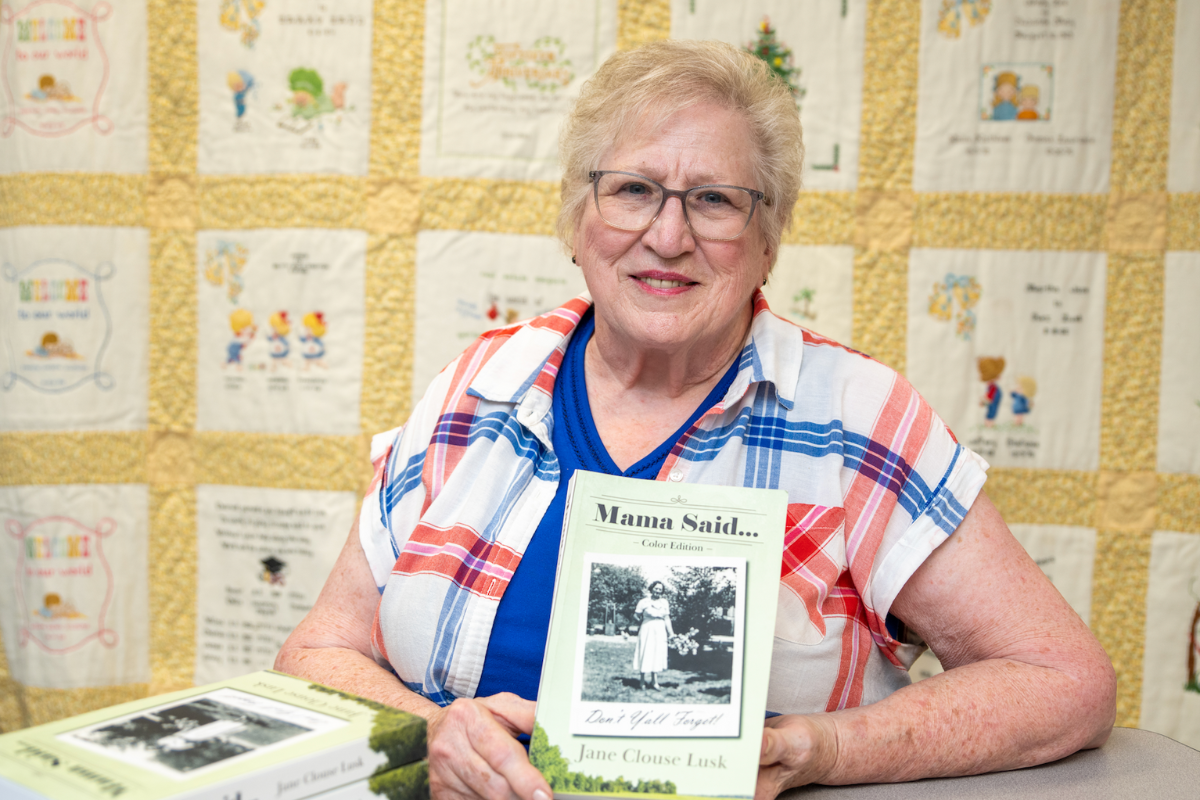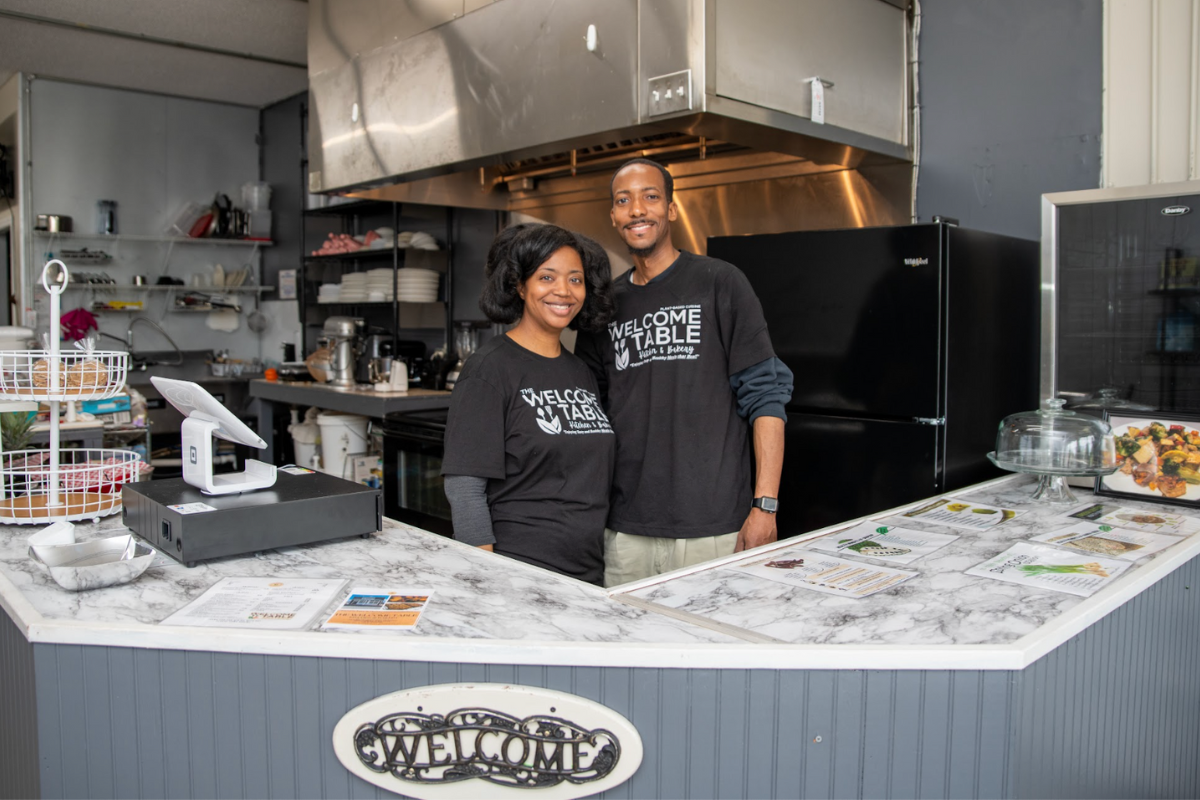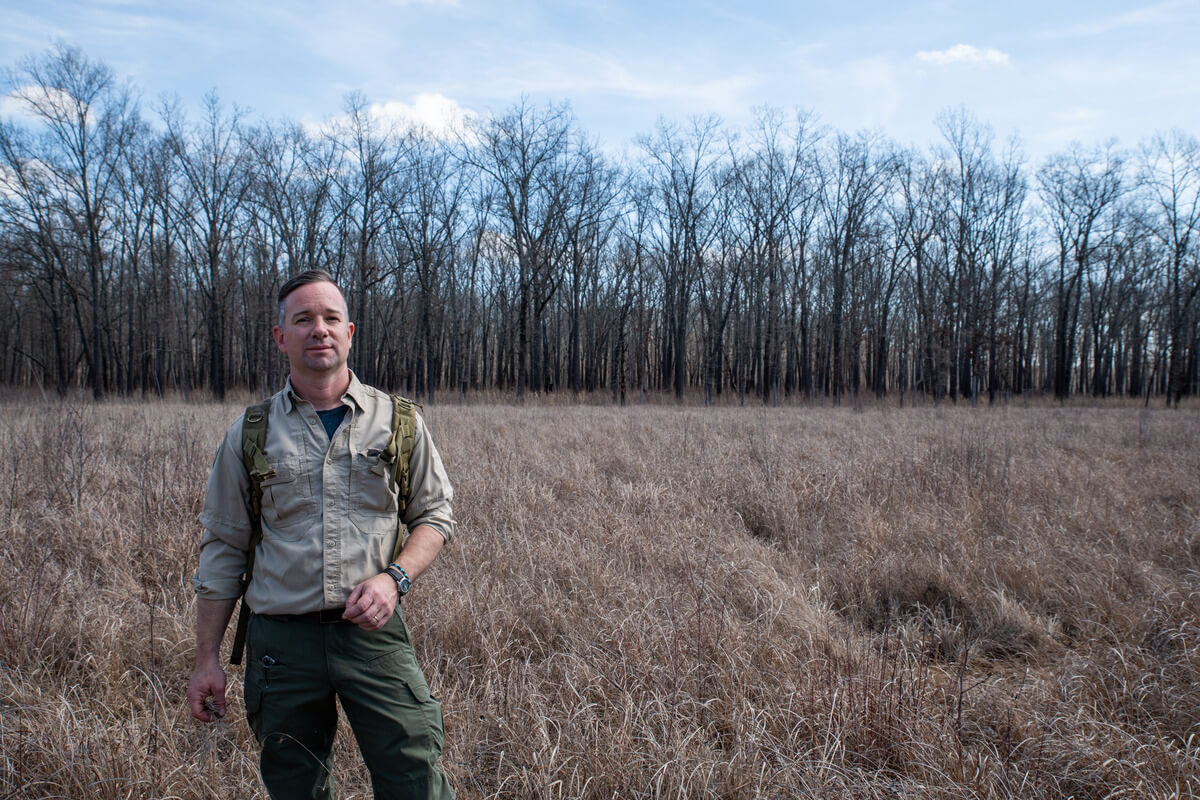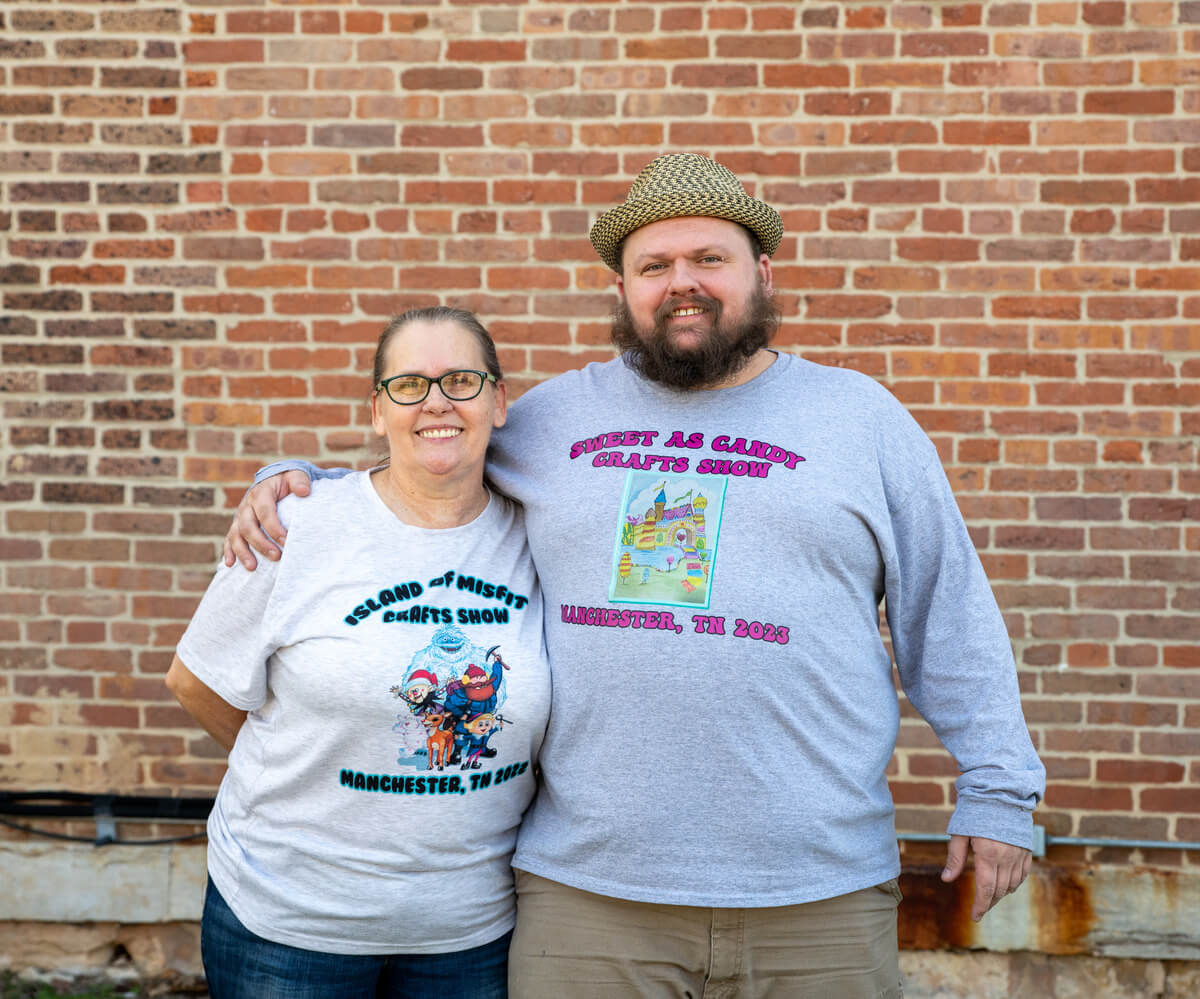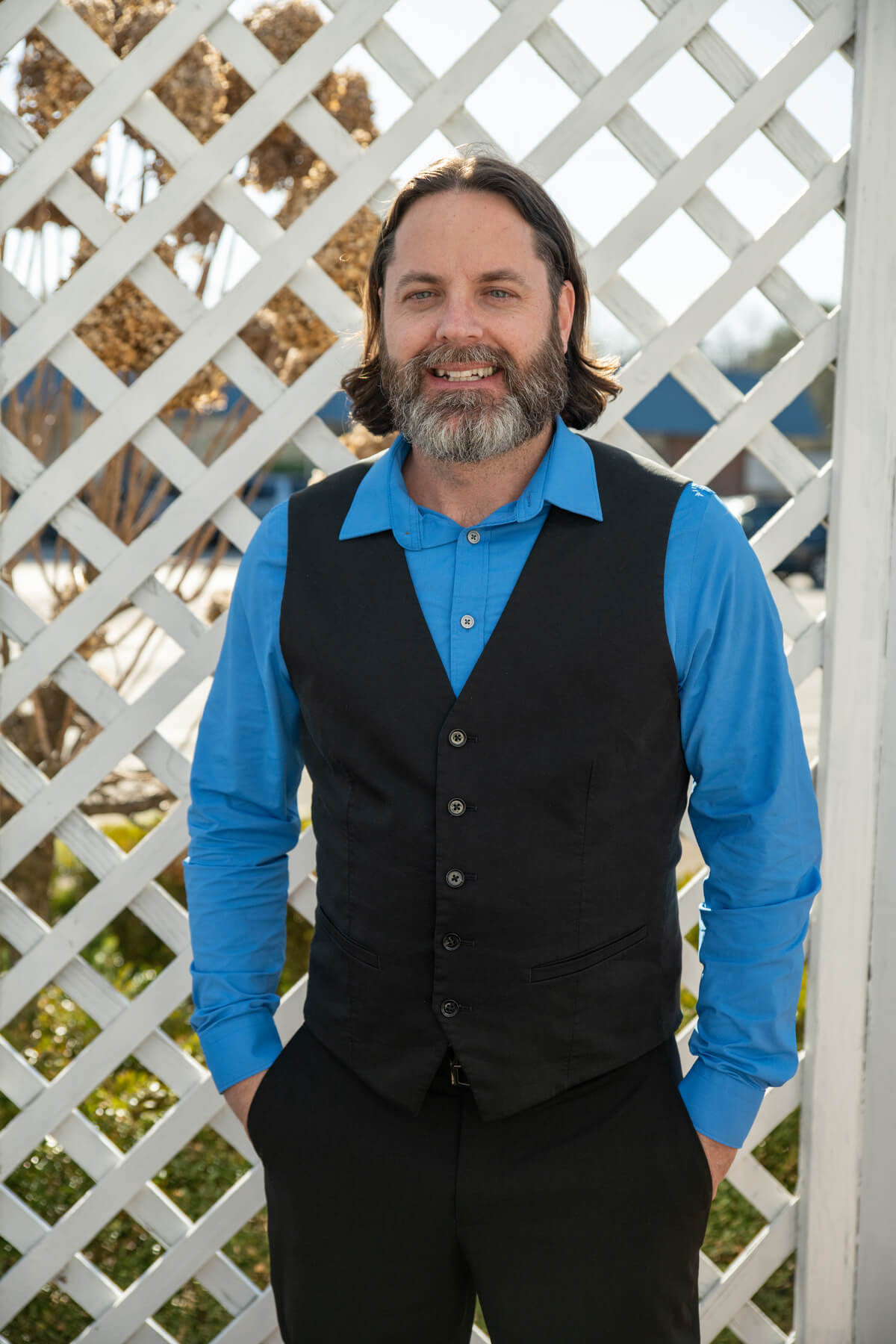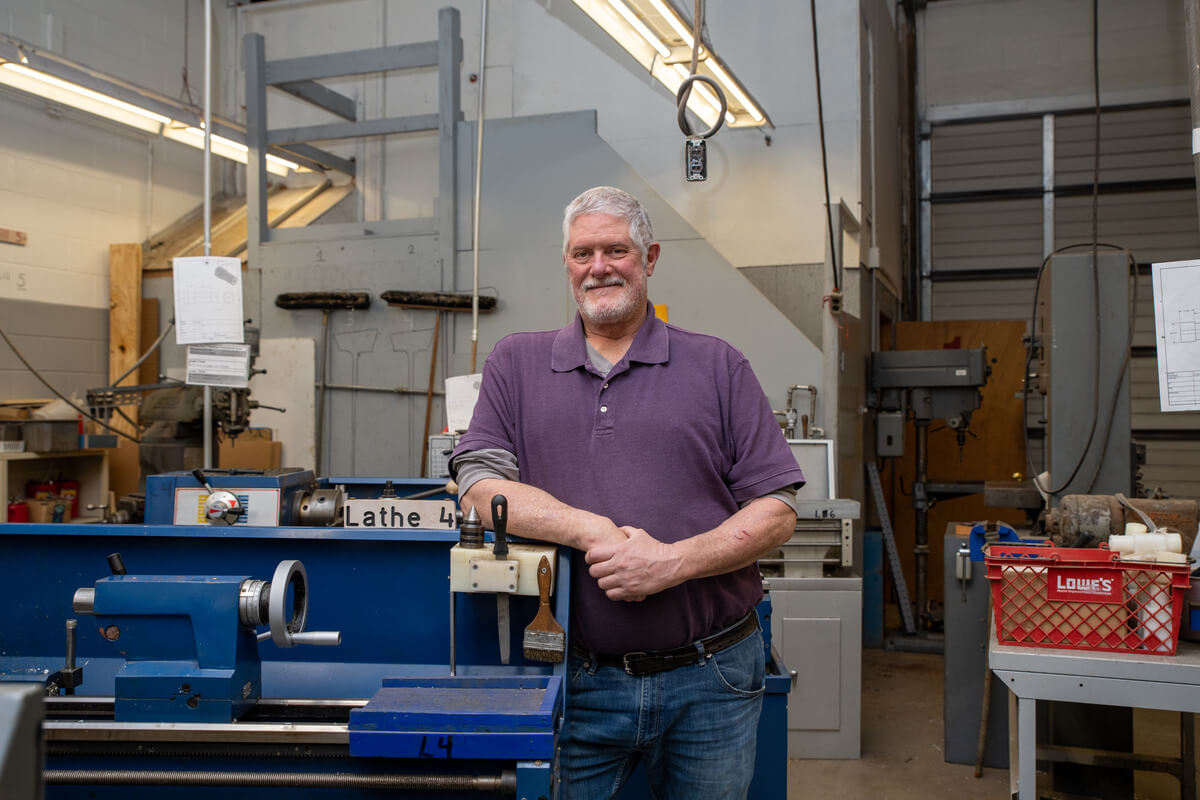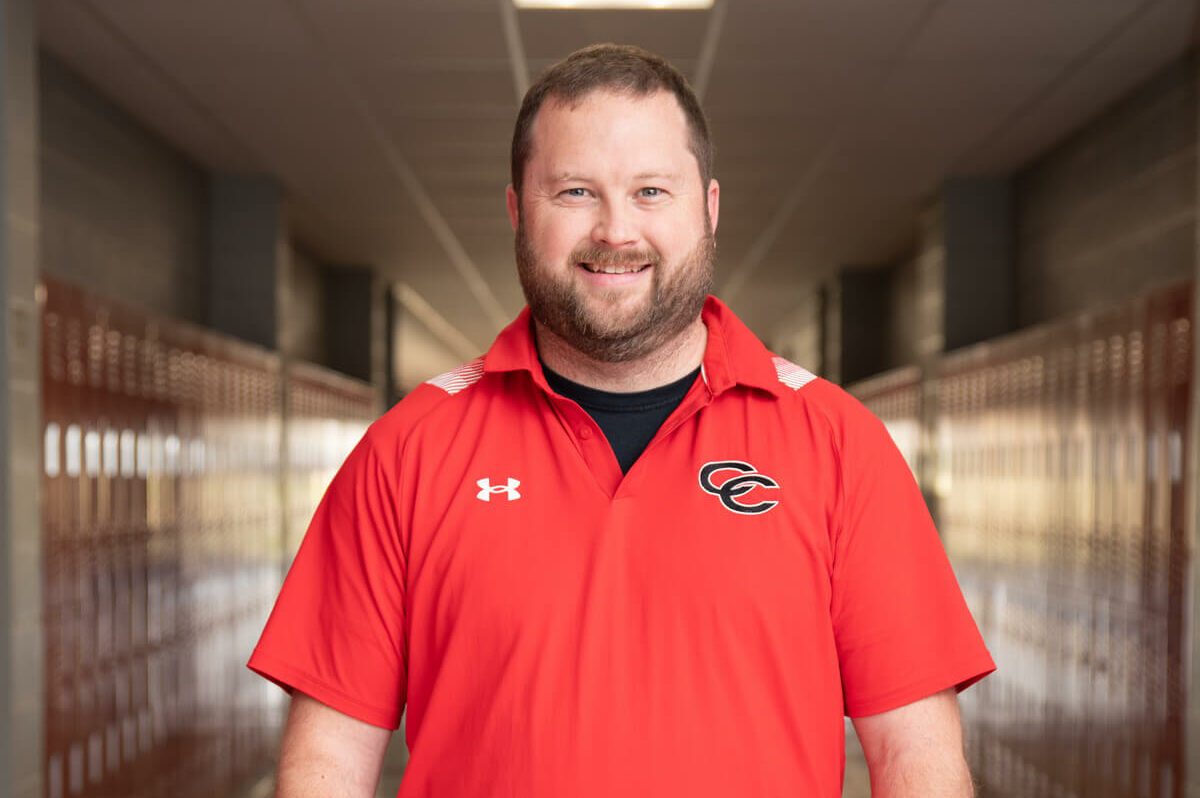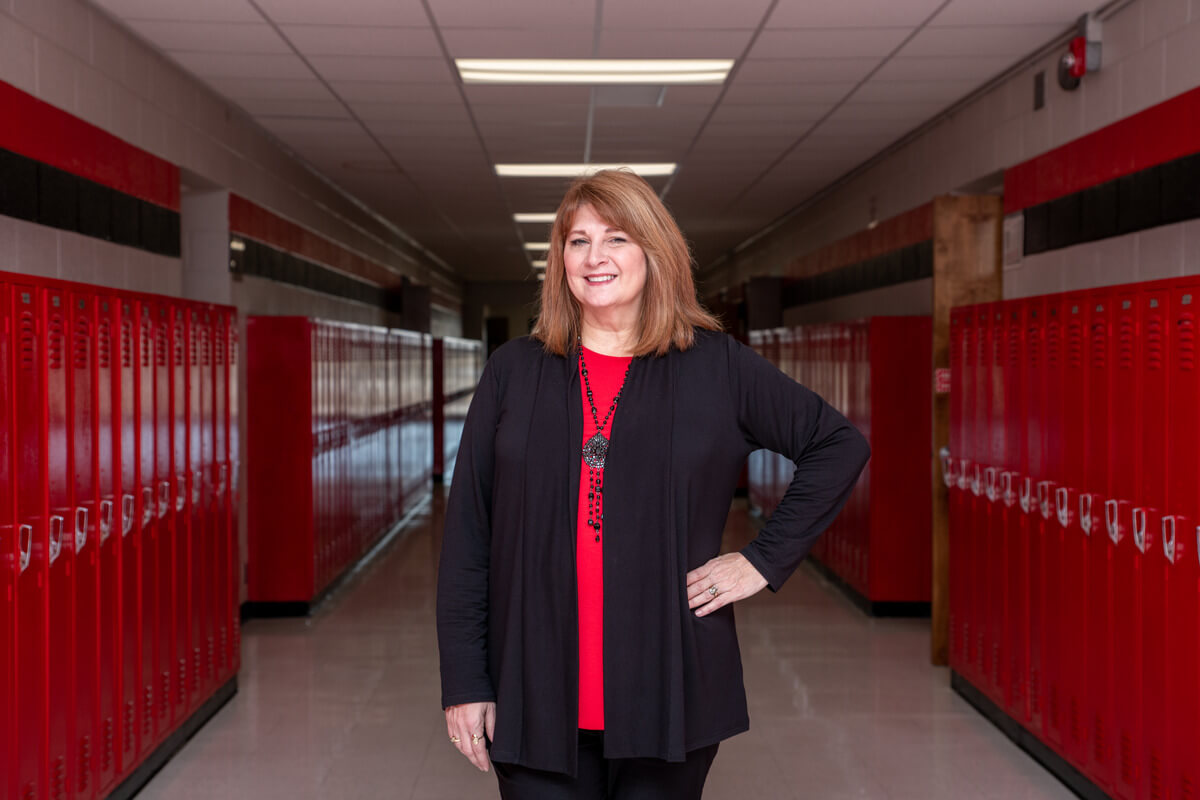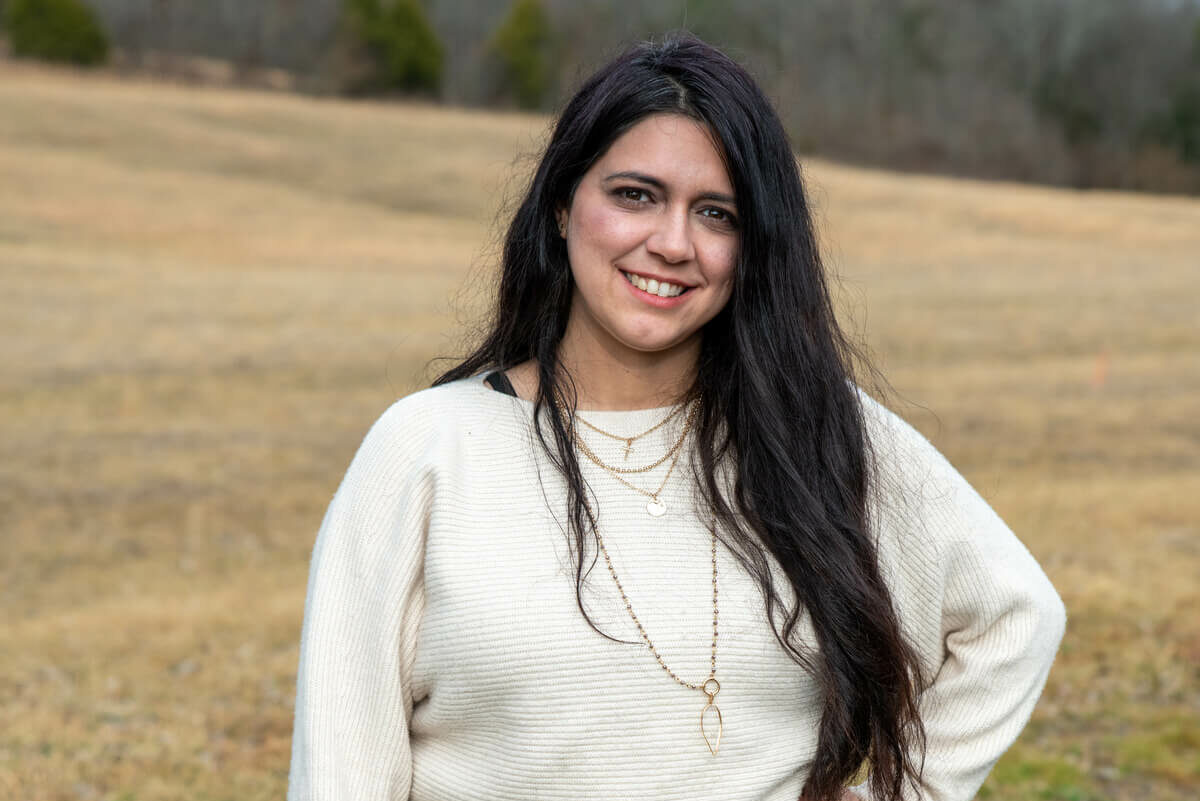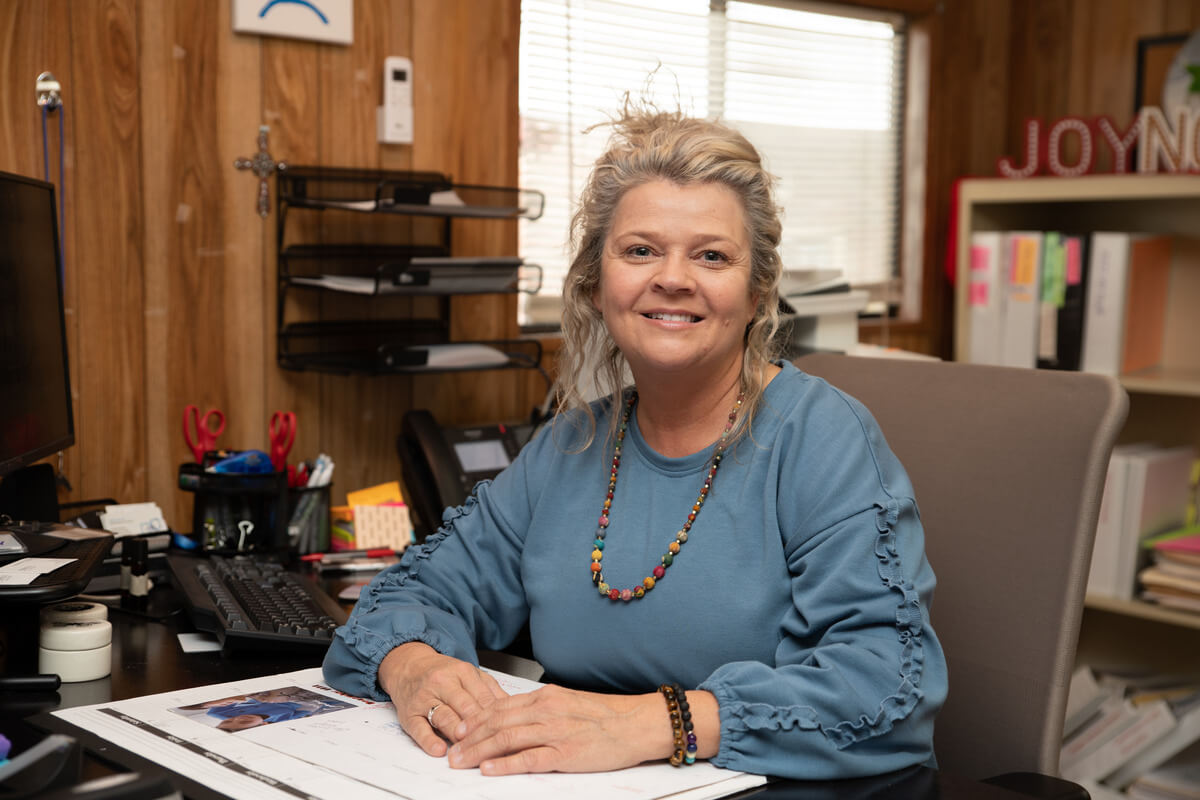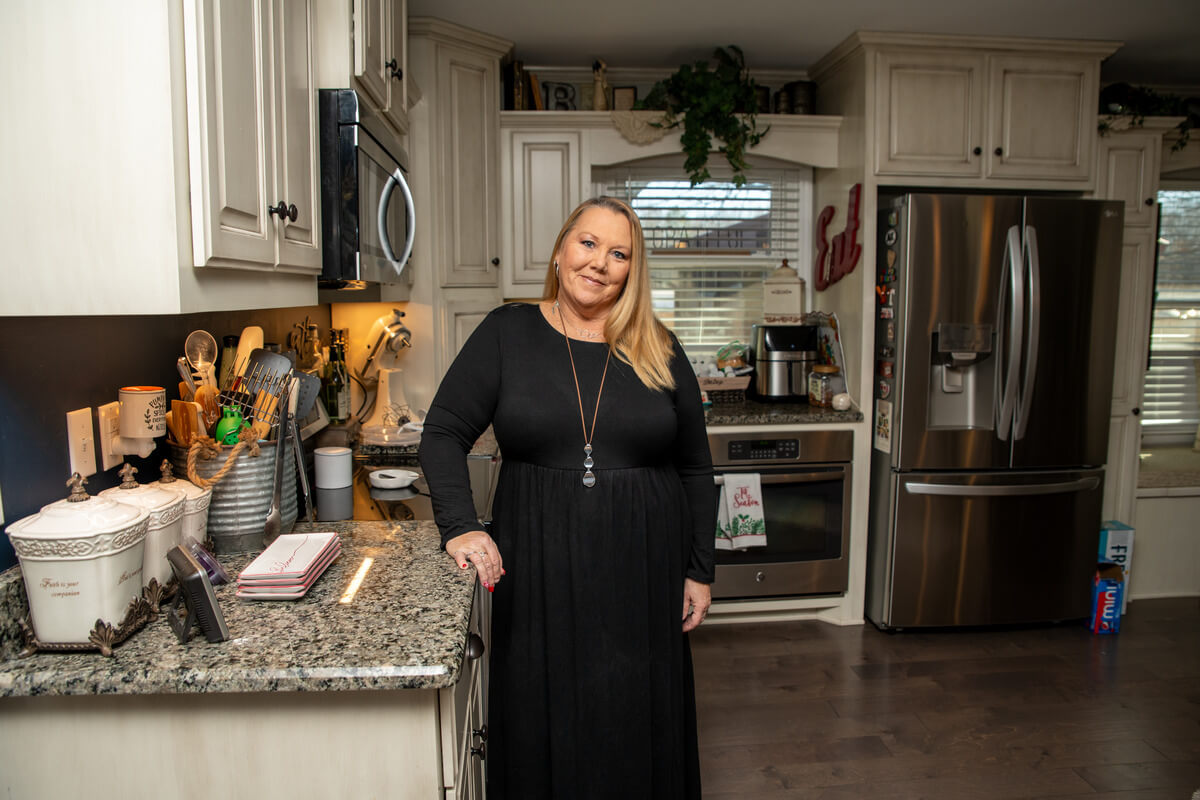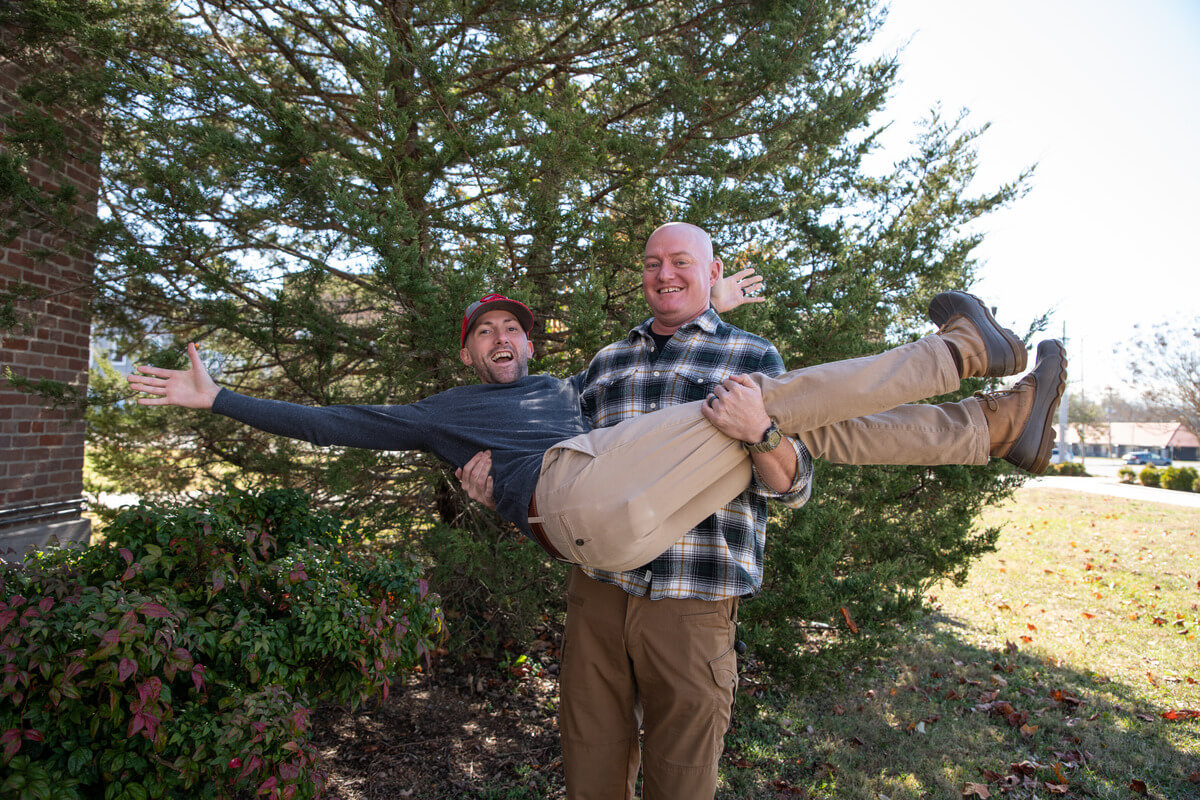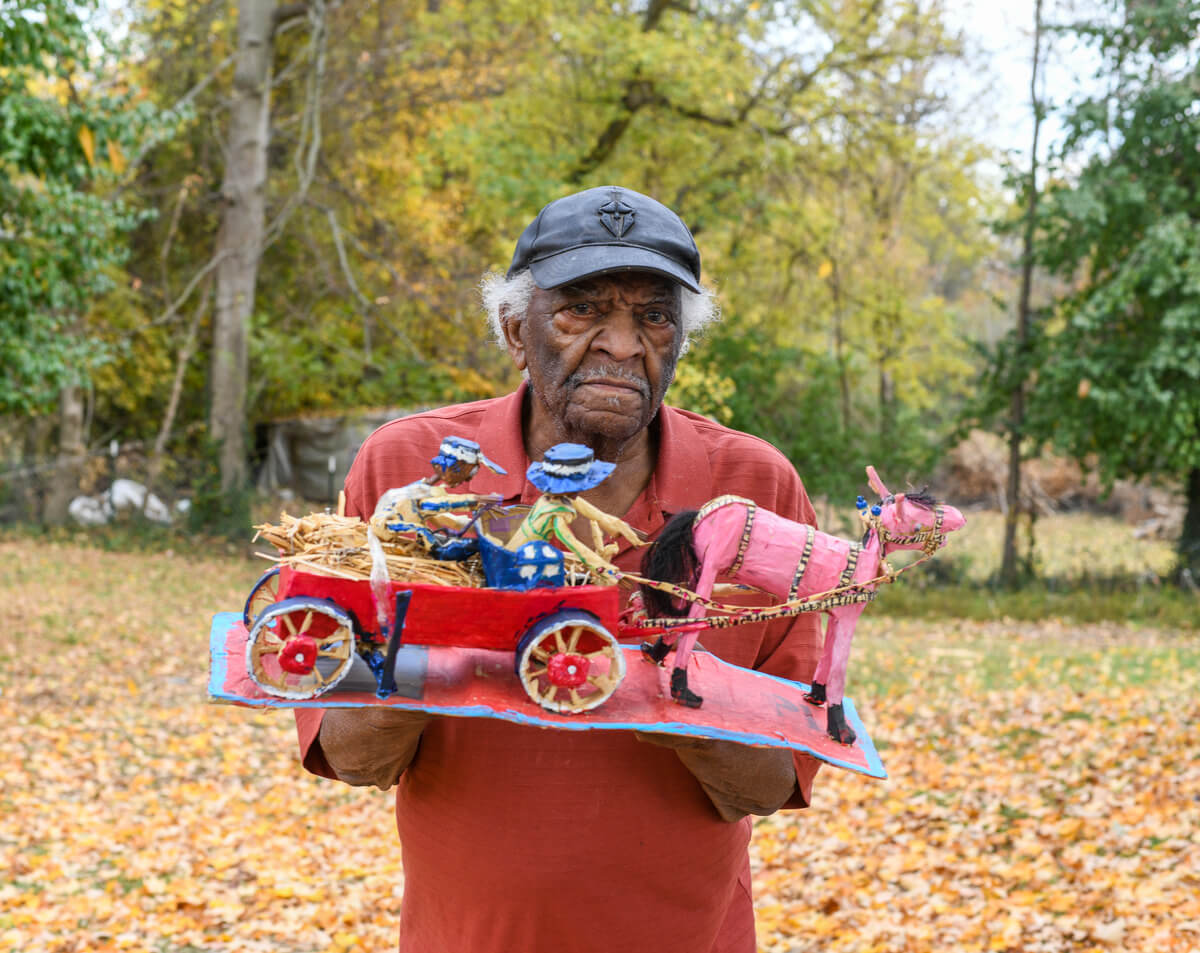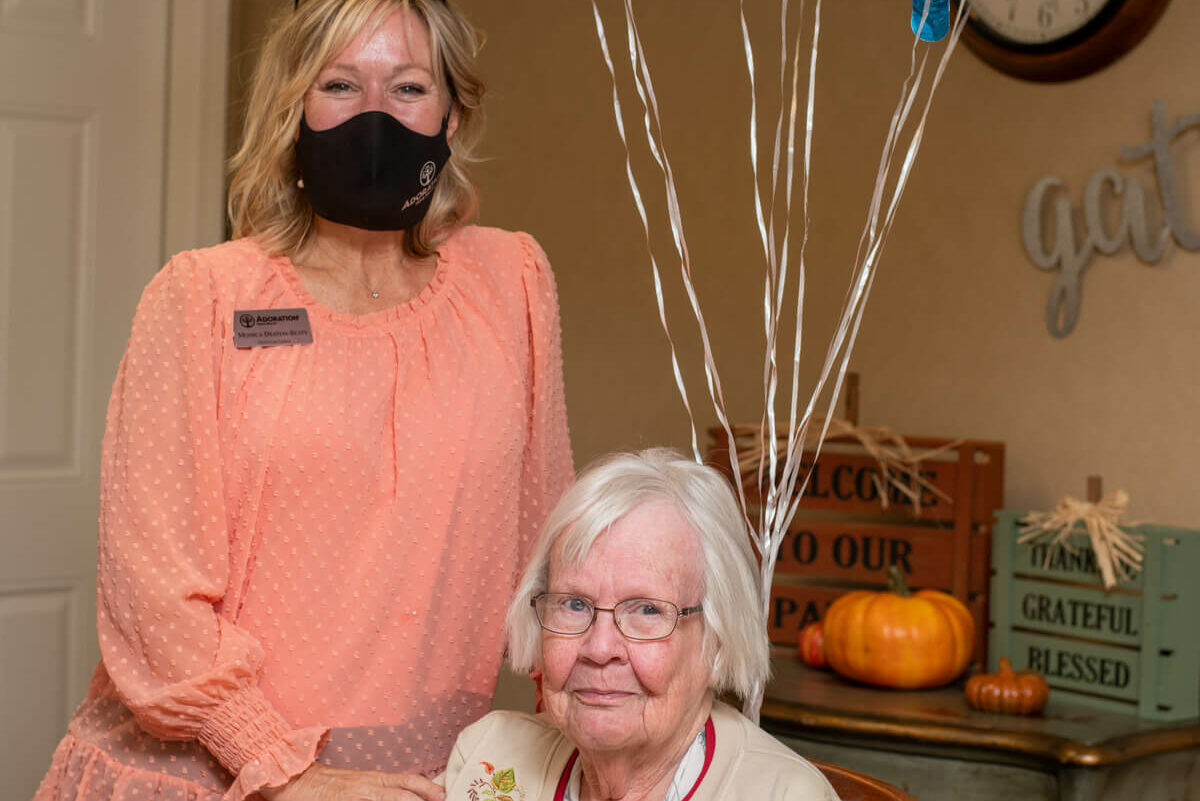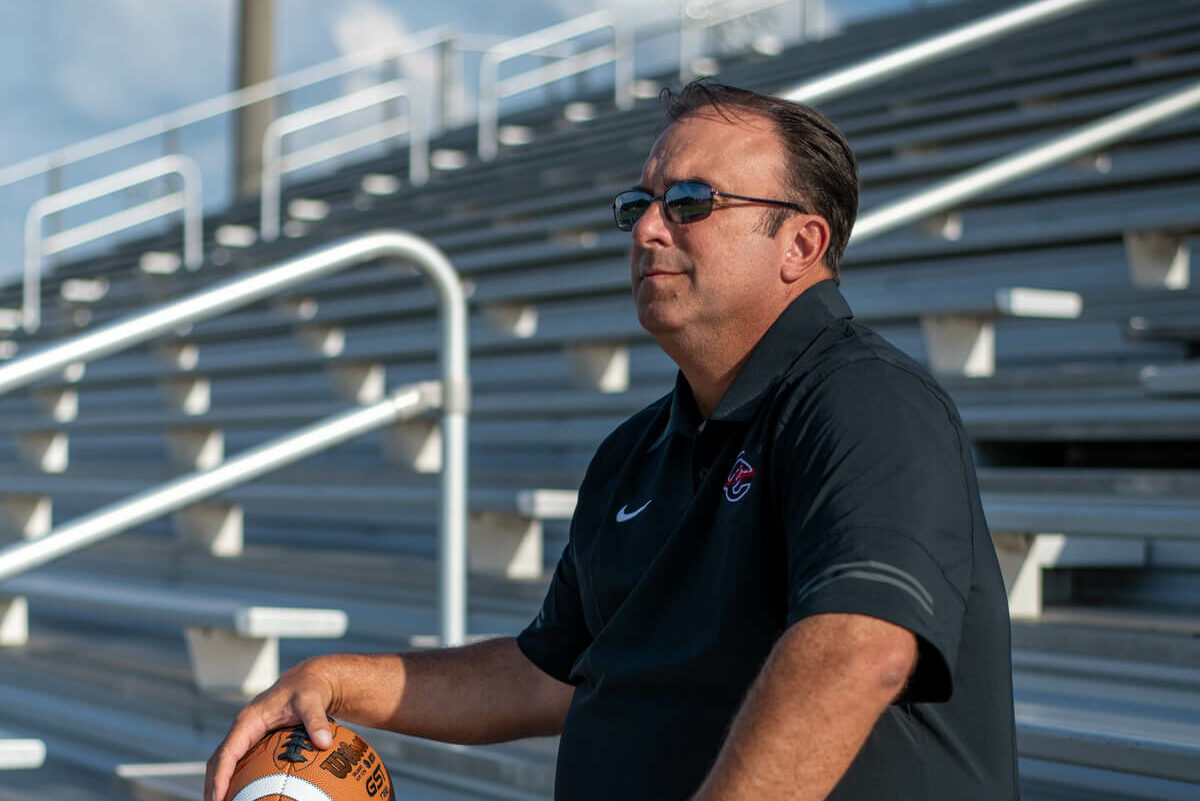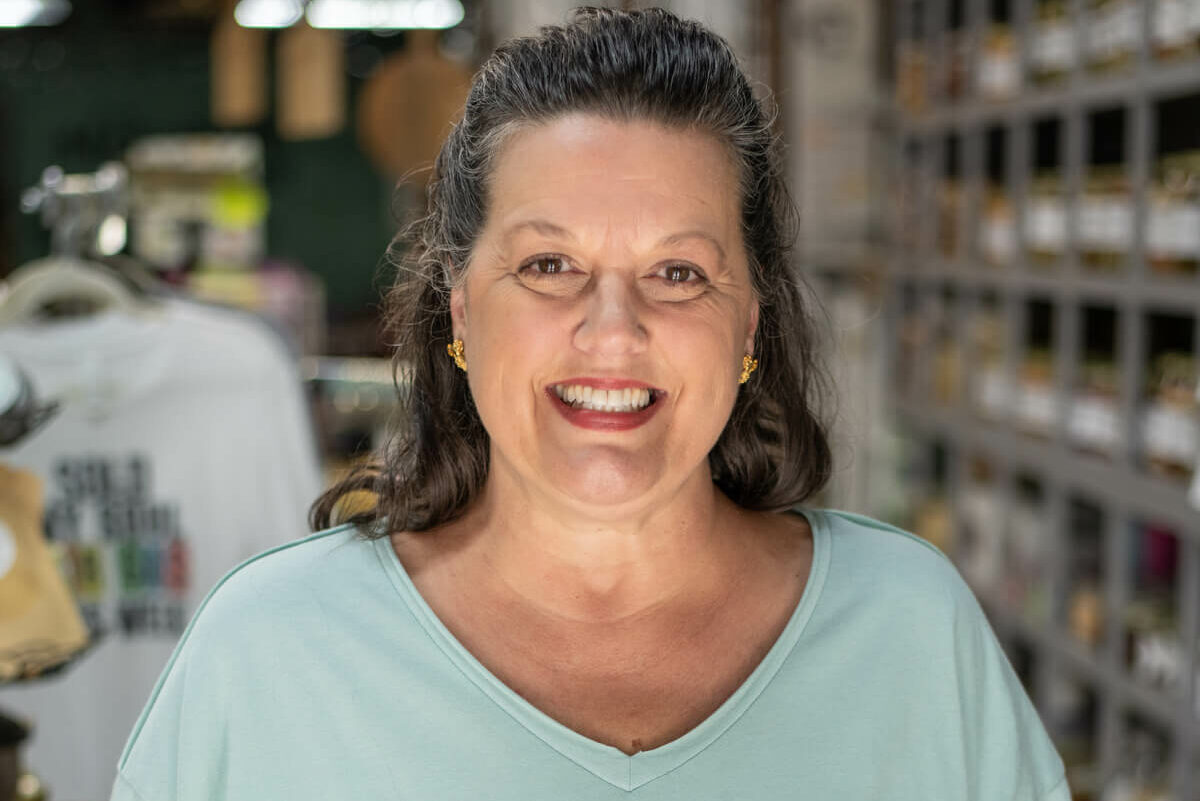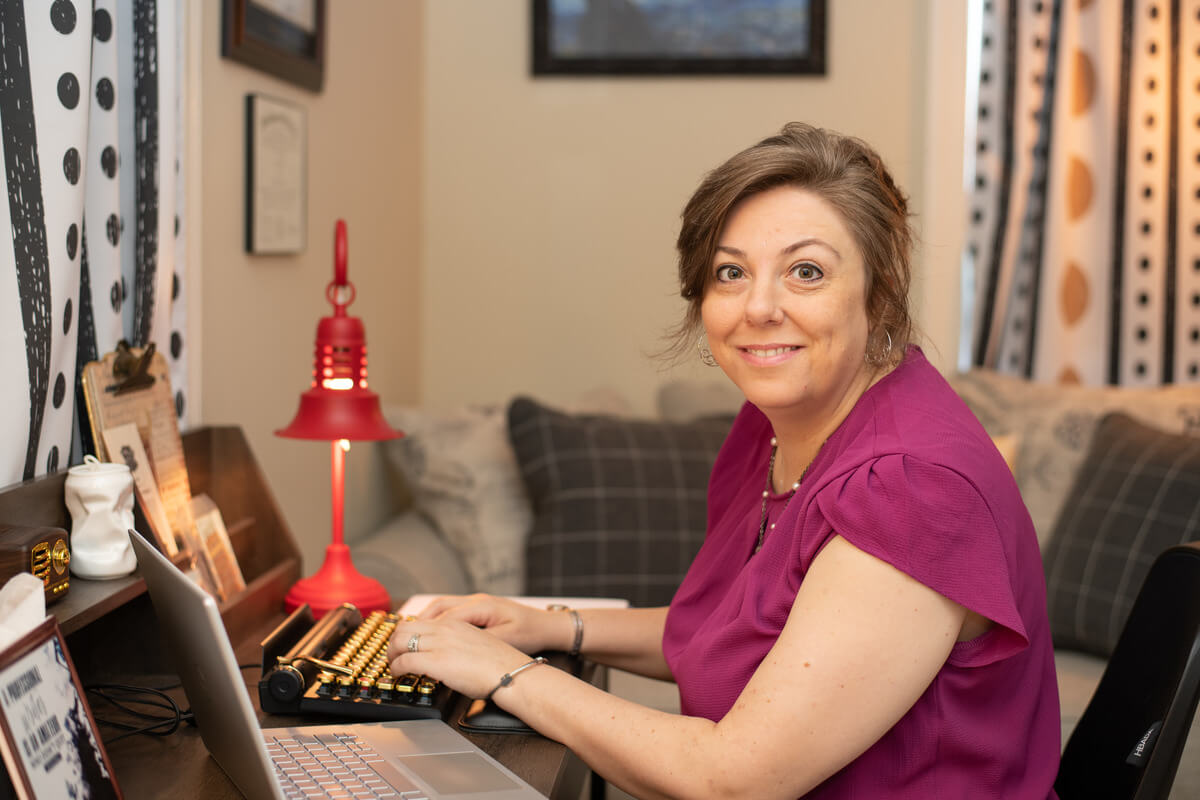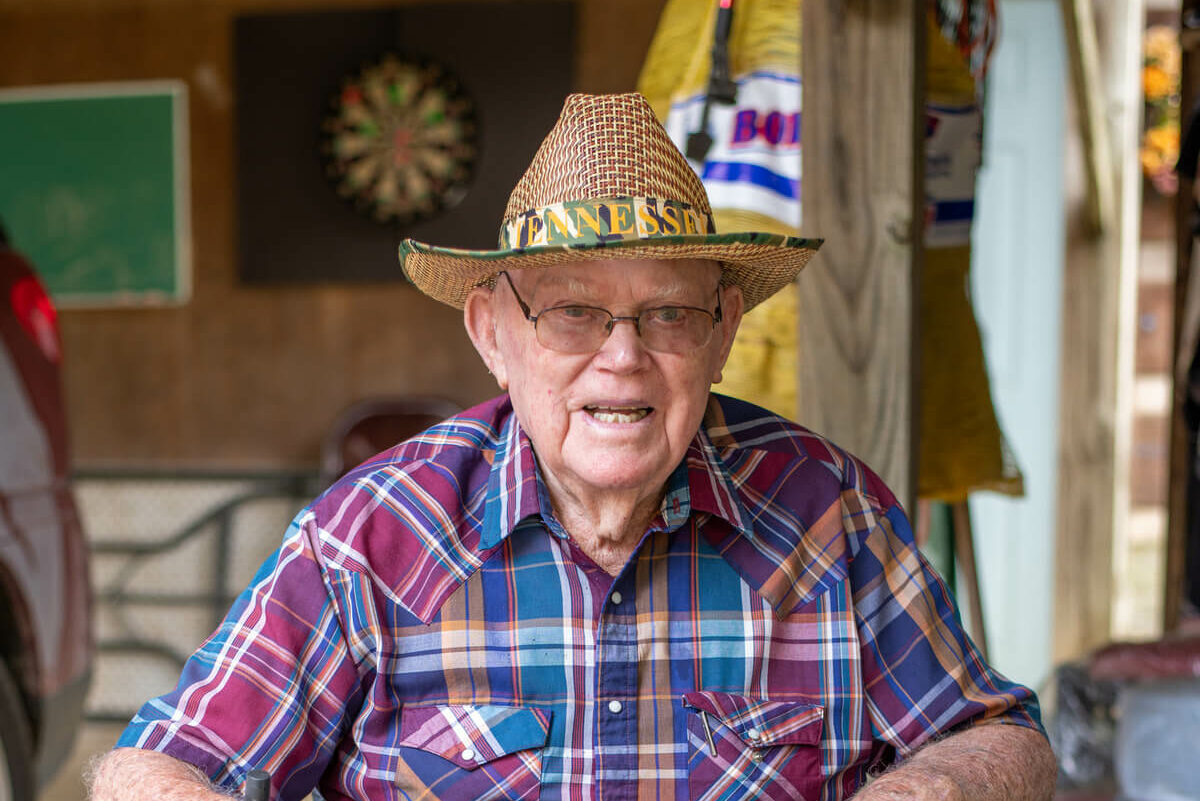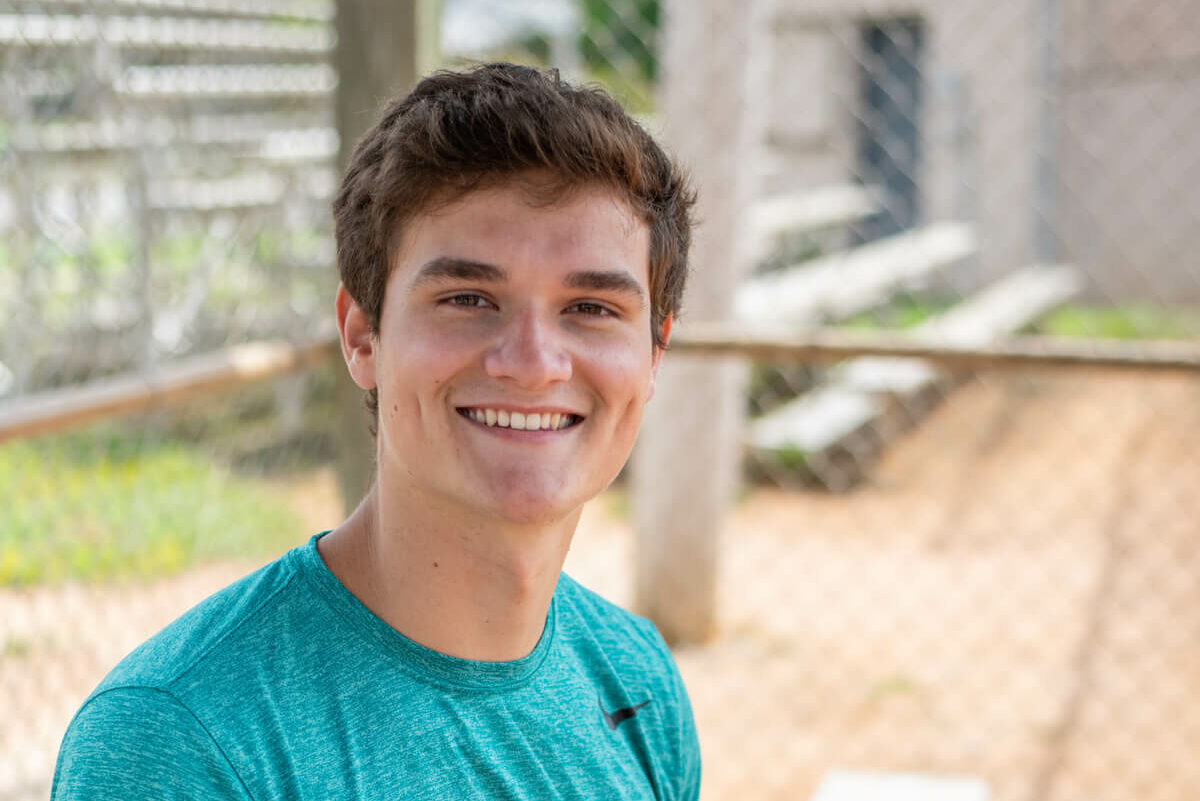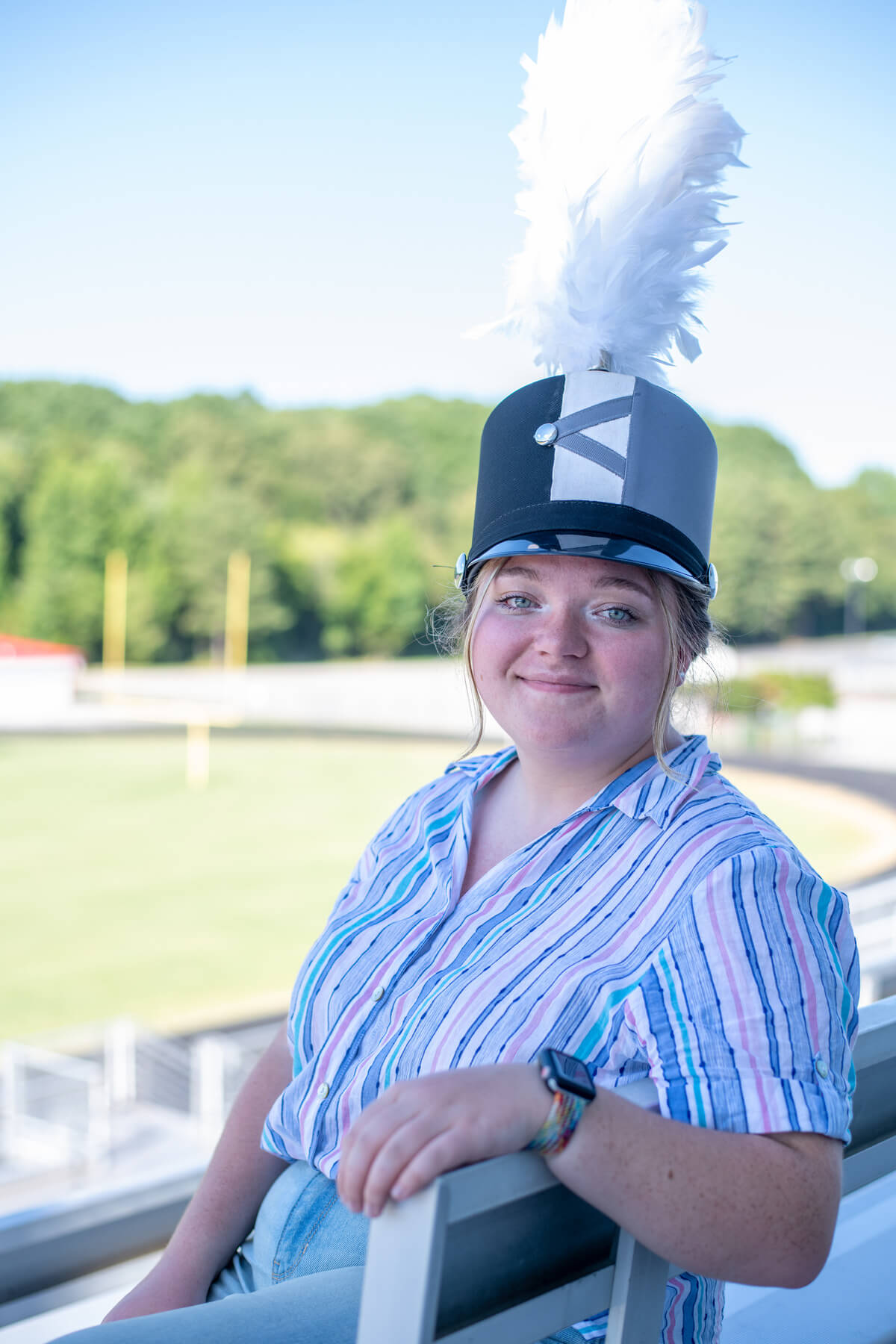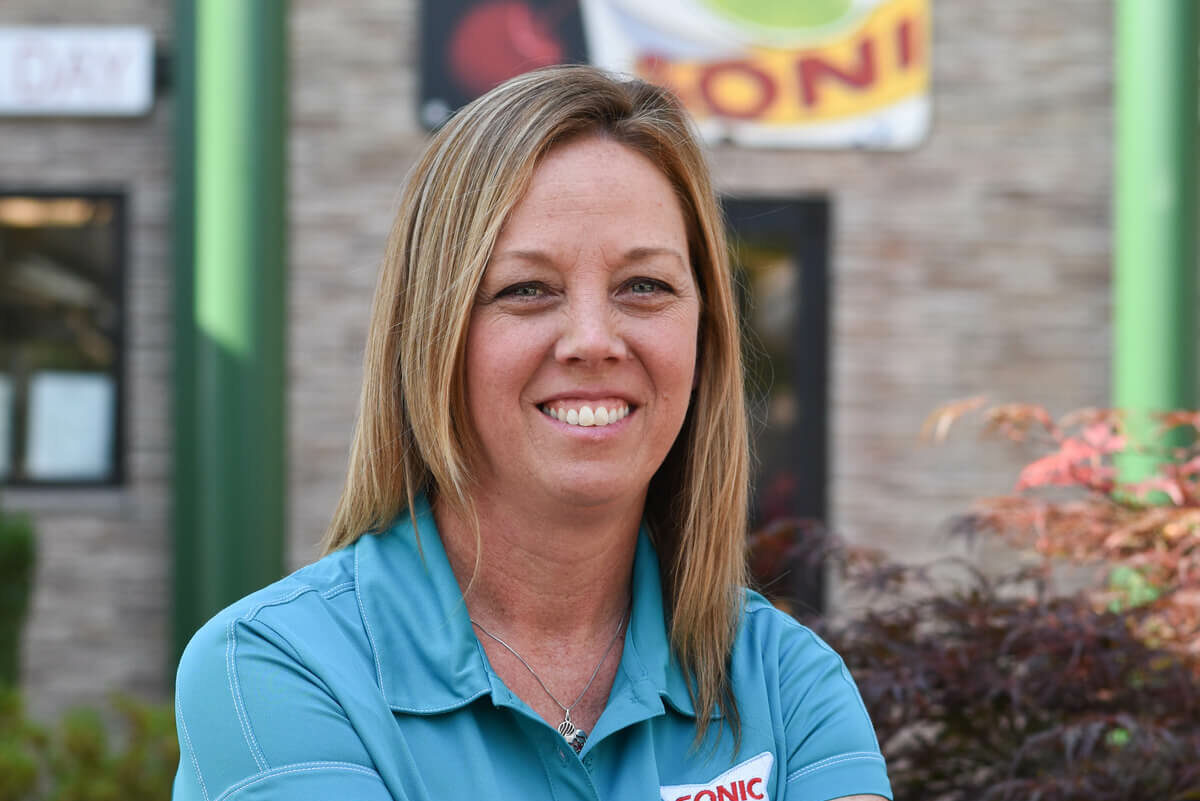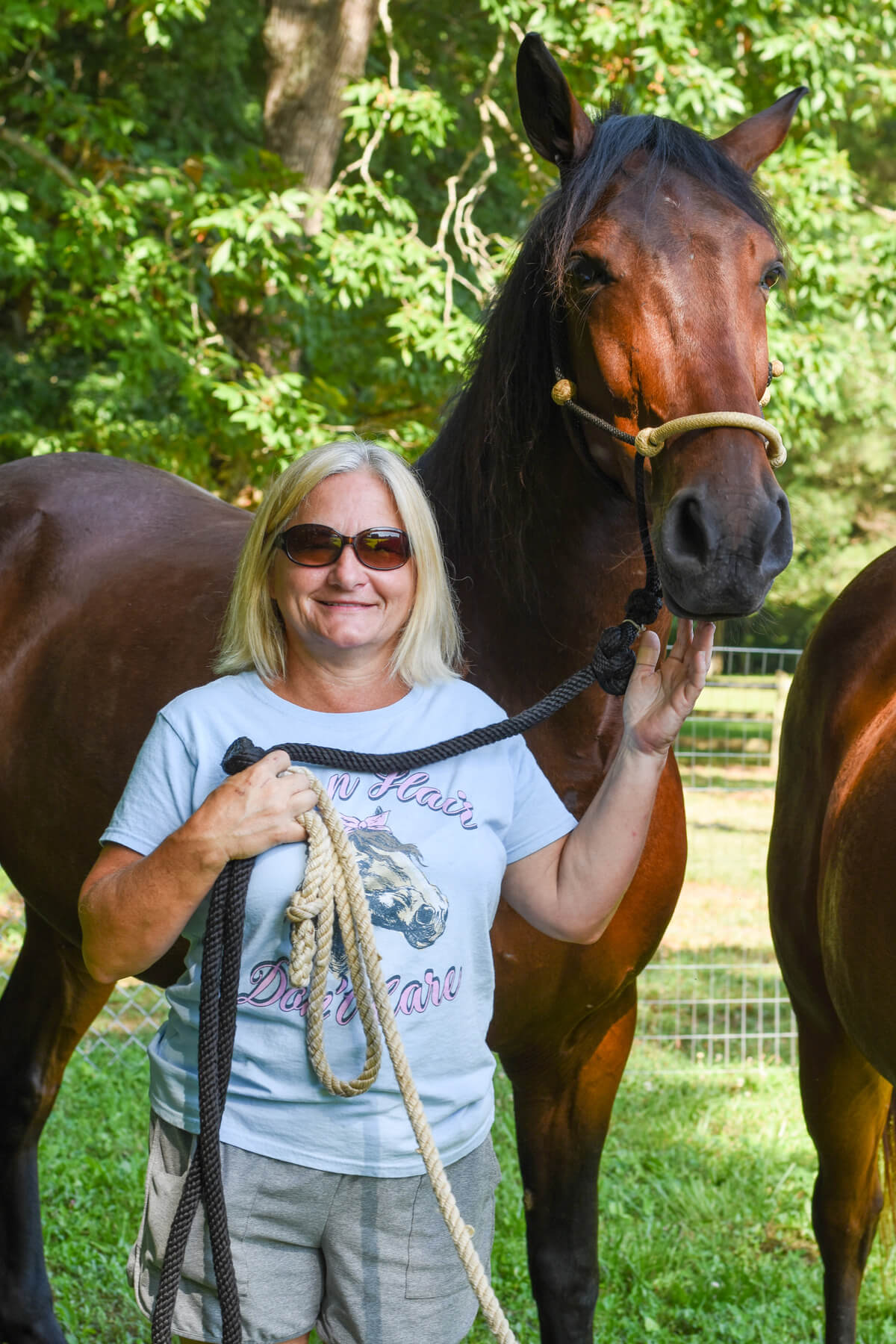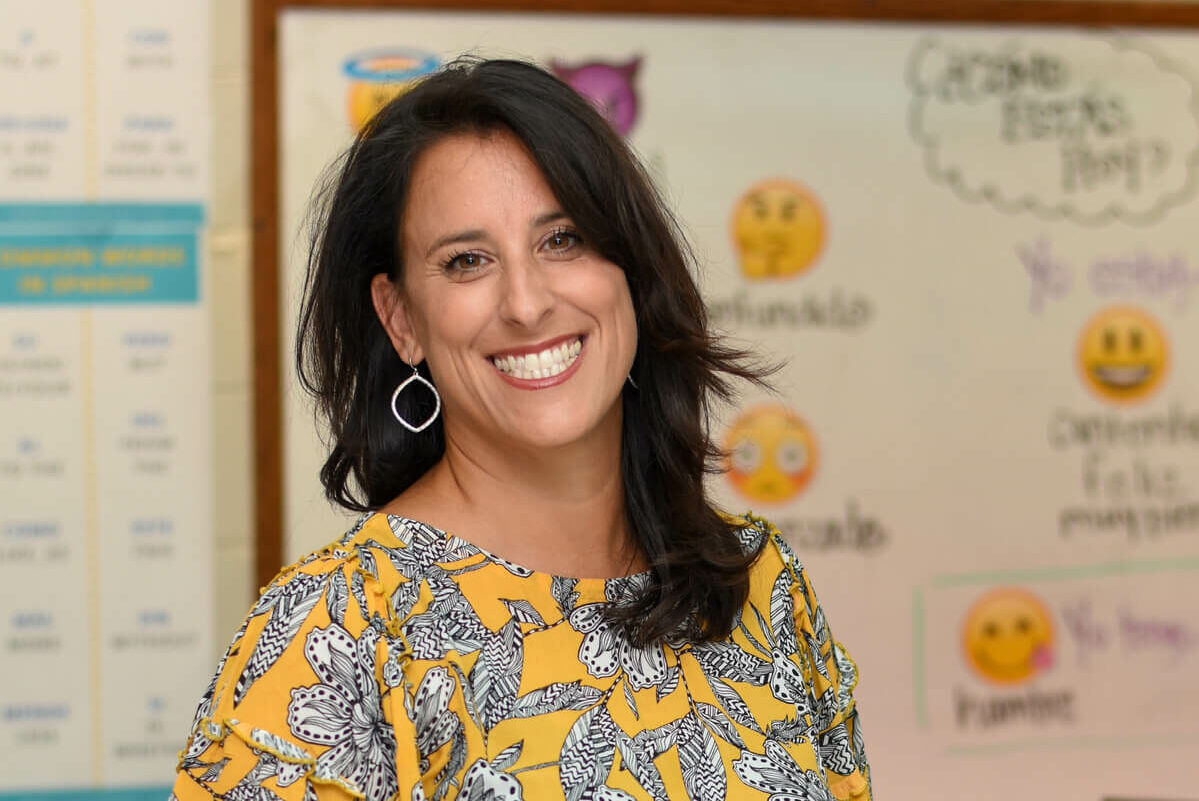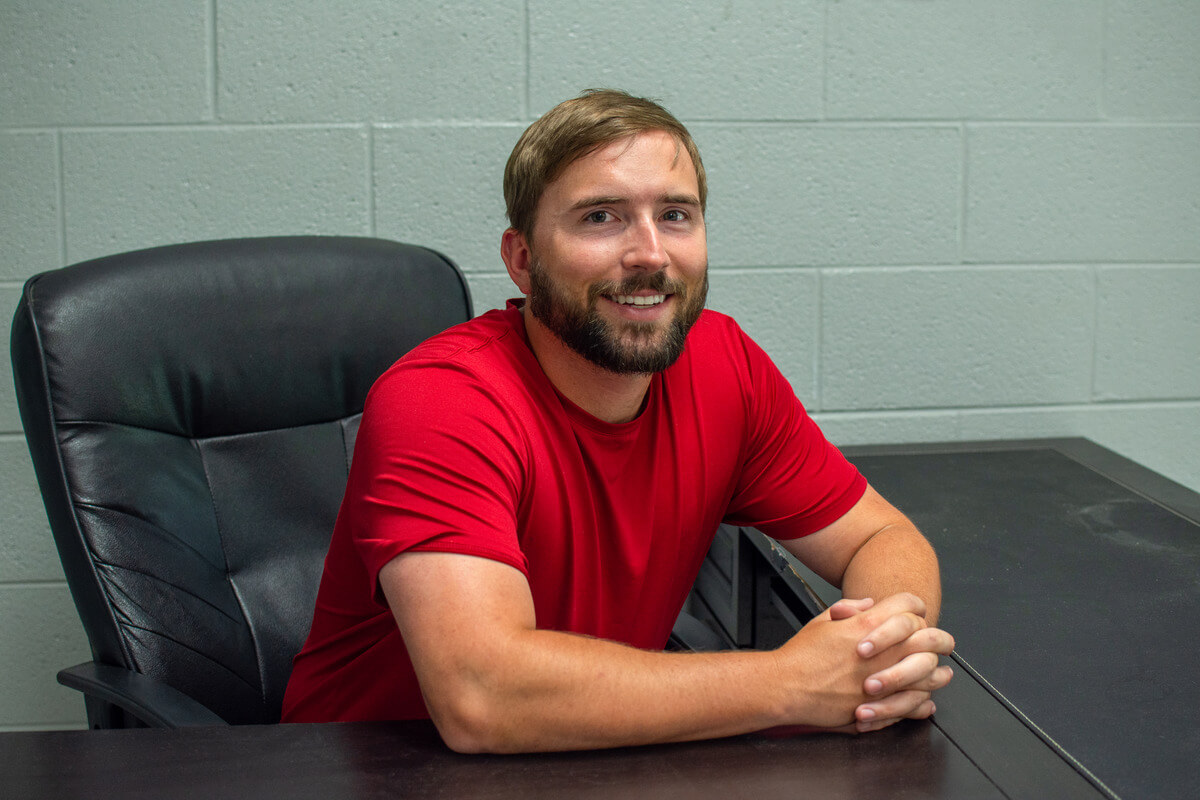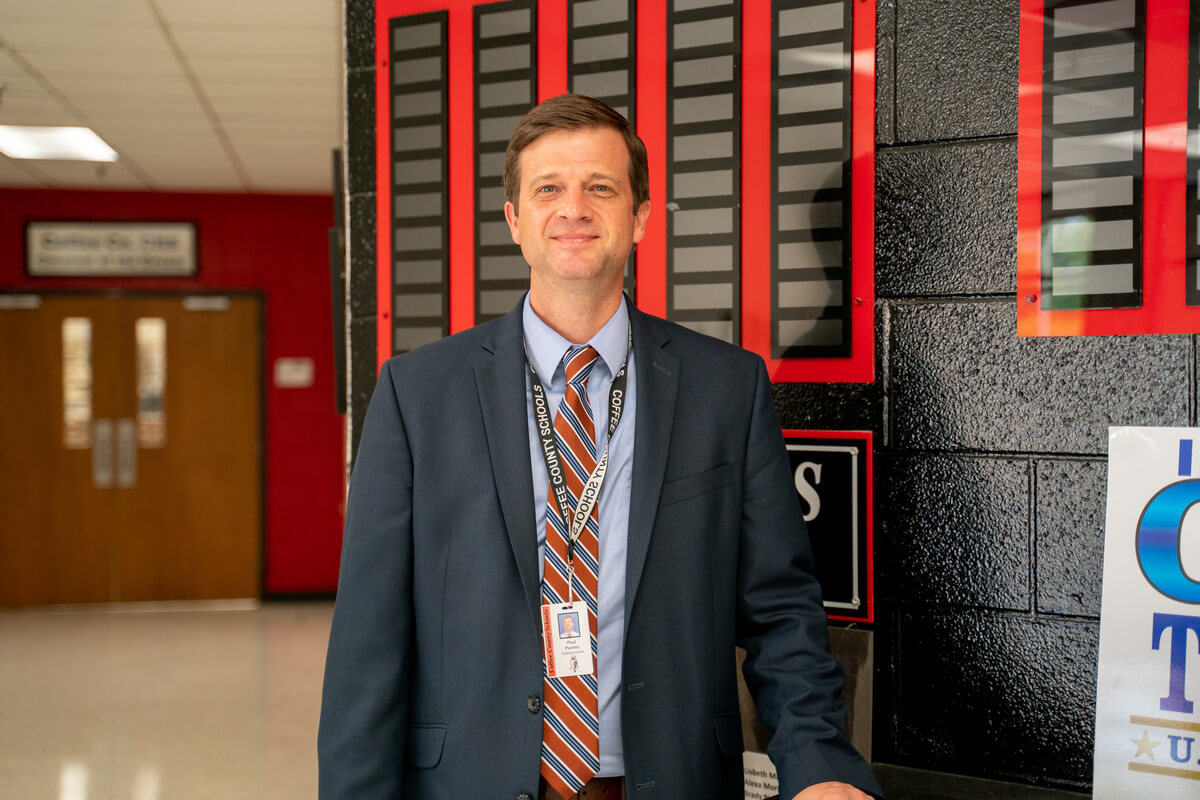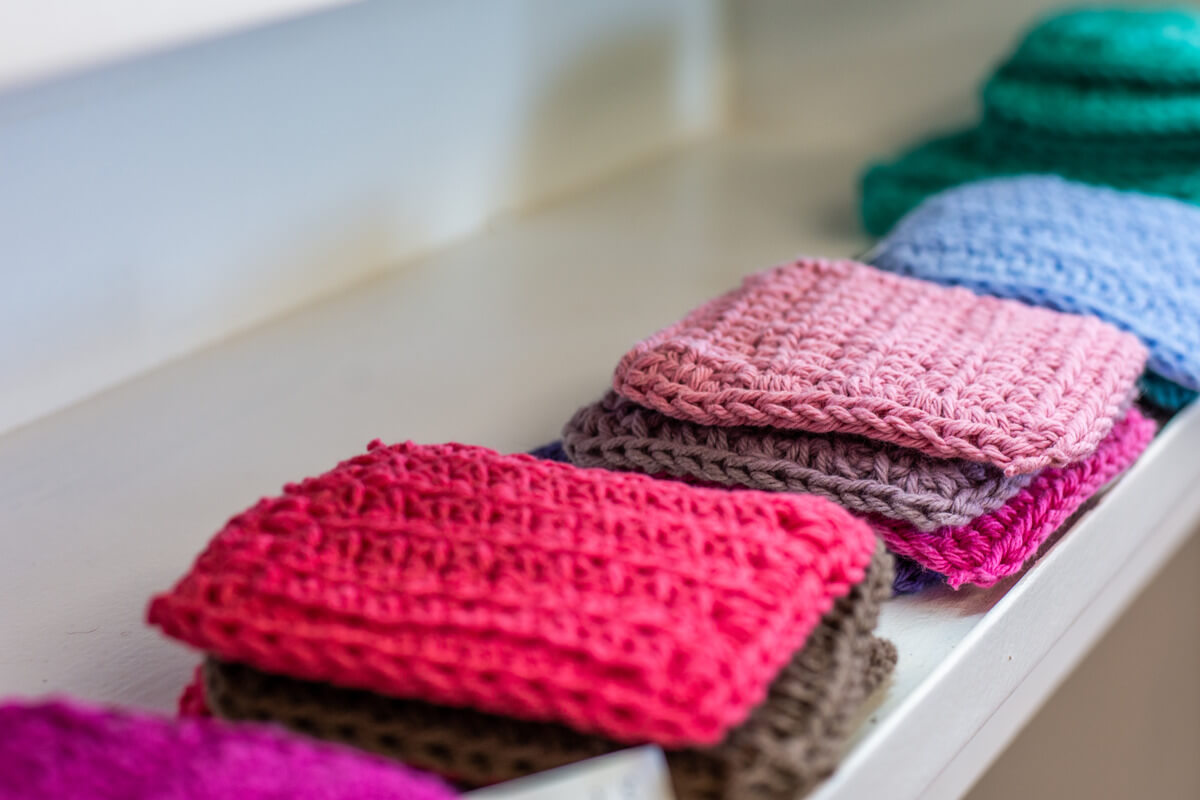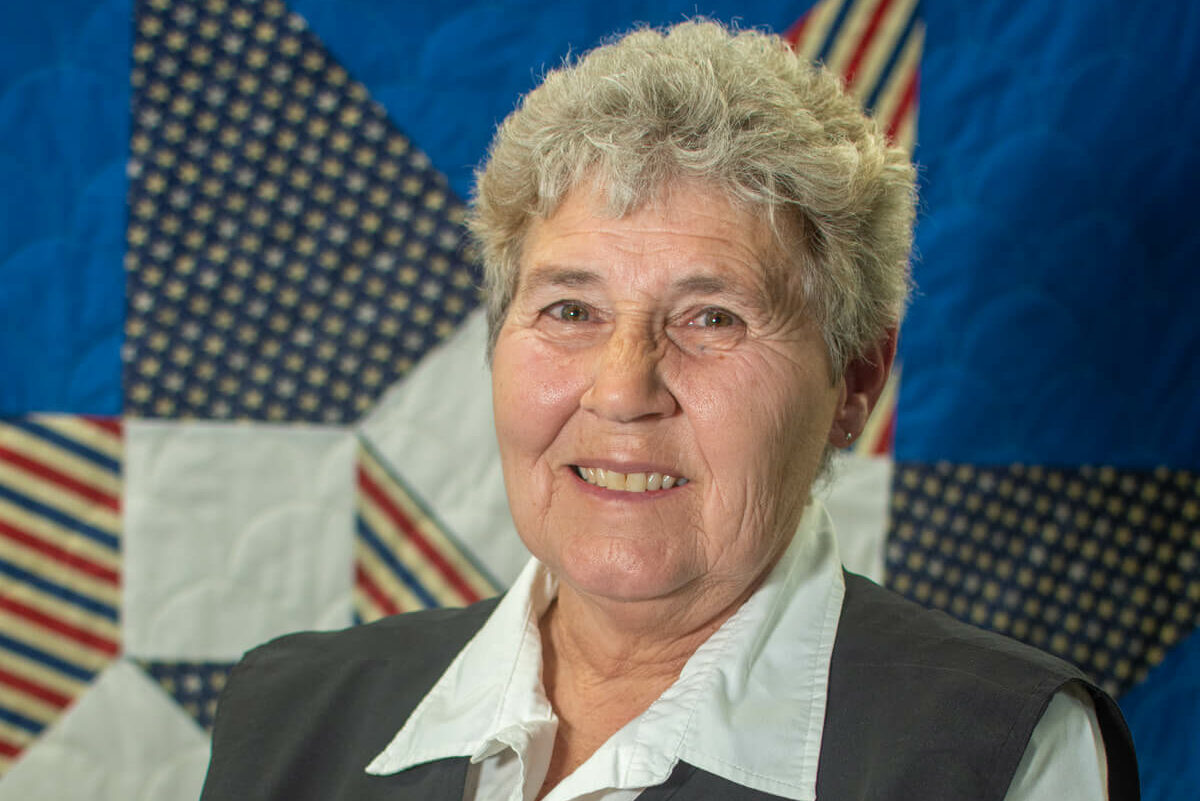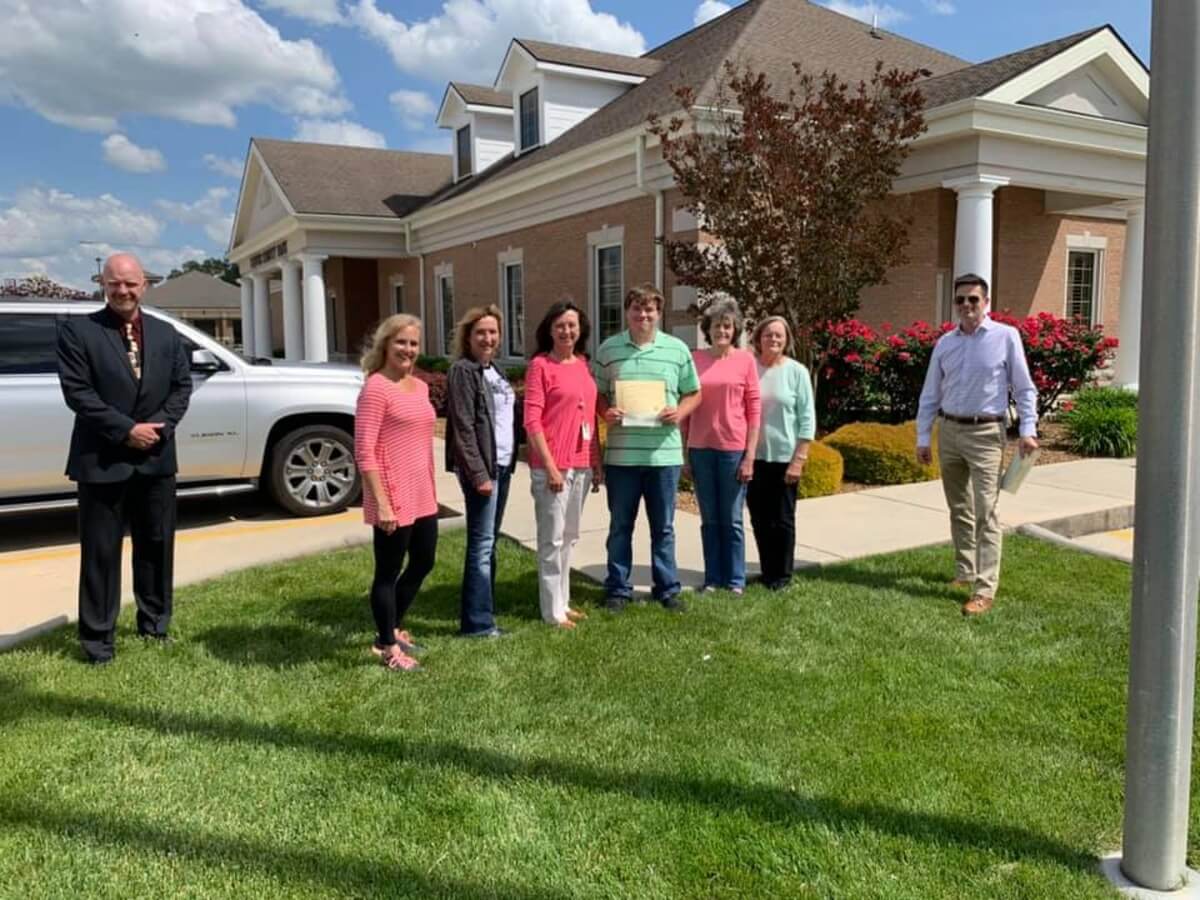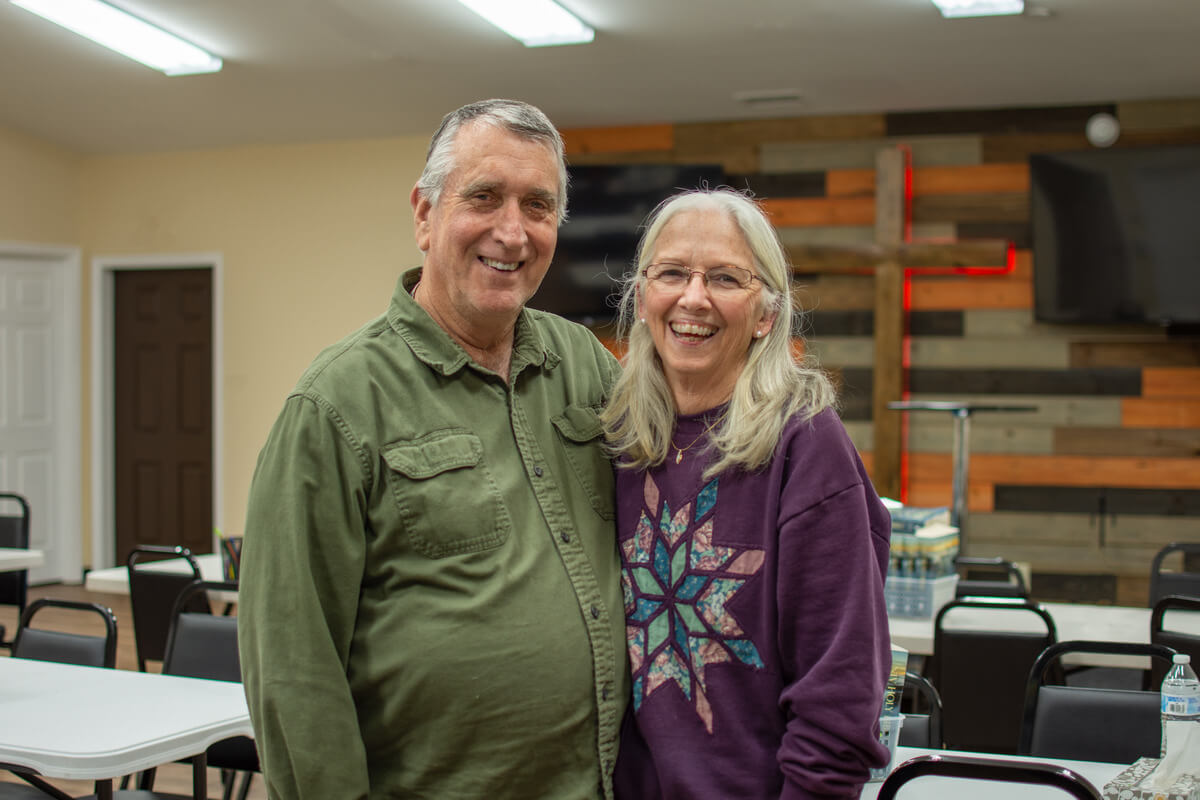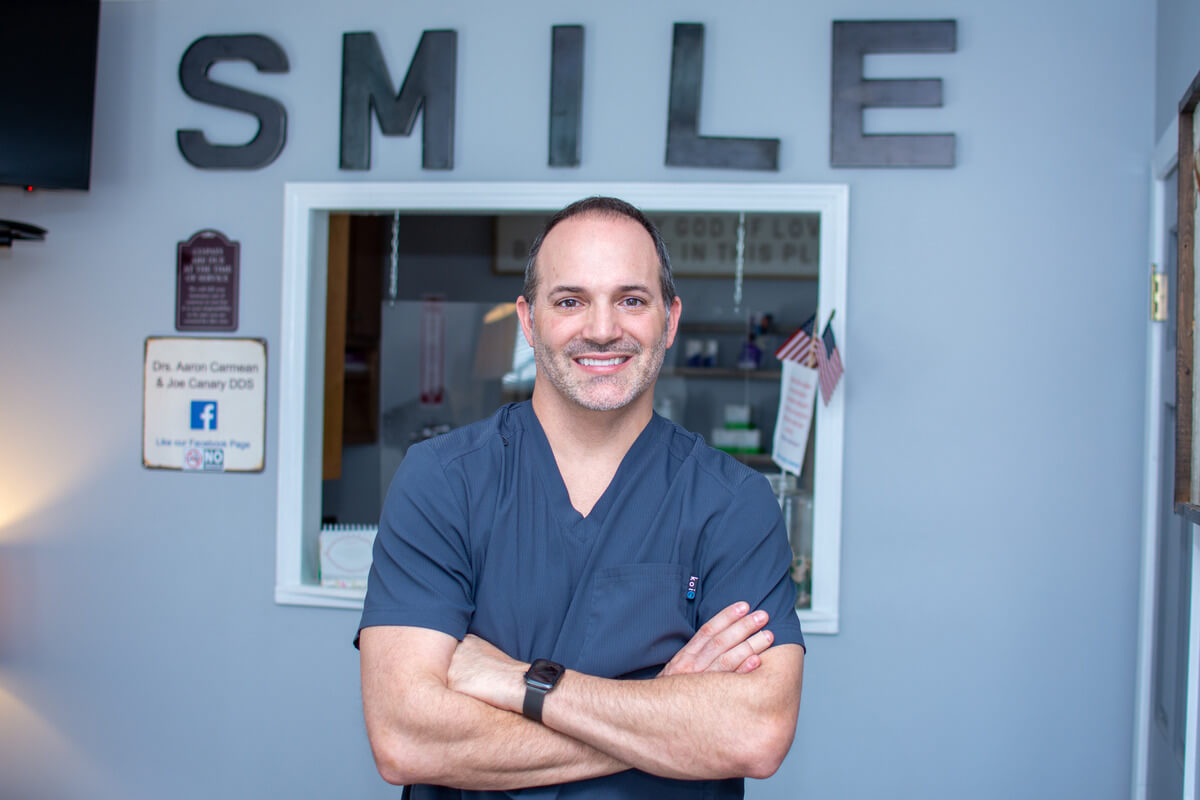THE LAST thing we want people to say is, “I didn’t know where to go for help.” Deputy Director Sara Brown has been working for South Central Human Resource Agency (SCHRA) for the past six years. The agency is a government- funded initiative serving low-income families throughout all of Southern Middle Tennessee. They cover primarily rural areas, spanning over 6,000 square miles. Thirteen counties fall within their service range, including Bedford, Coffee, Franklin, Giles, Hickman, Lawrence, Lewis, Lincoln, Marshall, Maury, Moore, Perry, and Wayne counties.
SCHRA has an extensive list of services offered to individuals and families in need. However, a common phrase that keeps being repeated at staff meetings by Brown and her colleagues is, “We are the best-kept secret.” And, unfortunately, it’s not because they want it to remain that way! Brown says, “We want people to know about us. We want to help.”
Over the last several years, Brown has seen firsthand that not everyone has the same type of support system backing them. Some of us come from phenomenal families. Others at least have friends that function as a family should. However, there are still some who may not be as fortunate. Some have no one to lean on for support.
Brown shared a fictional example of a mom working for $10 an hour at McDon- ald’s. The mom has two children at home and is considering taking the risk to go back to school. Brown said, “There is this concept for her to ‘pull herself up by the bootstraps’ and do better for herself. Yet, she is on a cliff. If any one of the pieces she has planned ahead for, falls out of place, she doesn’t have the support sys- tem for someone to bail her out or help her recover.”

Similarly, a lot of local families do not have that support either. Brown went on, “So yes, ‘pull yourself up by the bootstraps’ is a great mentality, but it also is a falsehood in that, if I pull these bootstraps up and I fall down and fail, there are still two kids at home that need to be fed.” Regarding the realities many people are facing within our local community, Brown shared, “ While it’s a great concept to think that everybody can make some- thing of nothing, it’s also very difficult to take that leap without a support sys- tem. We aim to be that support system for people in our community.”
Each year, SCHRA touches over 100,000 families through various pro- grams and services. Two of the more heavily utilized services are the Low-In- come Home Energy Assistance Program (LIHEAP) and the Head Start program.
LIHEAP is a program that assists low-income individuals or families in paying their utility bills. Unfortunately, not everyone has energy-efficient homes, nor can everyone afford to have windows replaced and updated. Some of these factors can cause an electric or gas bill to skyrocket. Imagine how overwhelm- ing it would be if your utility bill was more than half of your take-home pay. This program was created to assist in circumstances like these. LIHEAP is an allowance that is distributed yearly. About 8,000 families utilize this service of SCHRA.
Head Start is a preschool program that addresses the needs of the whole child. The preschool truly is a learning facility and not just a daycare. They have a set curriculum provided by the federal government. In addition to the curriculum, the children have regular health assessments covering behavior issues, mental and emotional health, medical needs, dental needs, and more. This comprehensive approach to caring for a child’s needs ensures they have a sort of readiness for kindergarten. Ad- ditionally, if any issues are found, the goal is to have those issues addressed by the time they enter the school system. This way, there will be less circumstances preventing them from becoming successful adults. -GN

